"A nation can survive its fools and even the ambitious. But it cannot survive treason from within. An enemy at the gates is less formidable, for he is known and he carries his banners openly against the city. But the traitor moves among those within the gates freely, his sly whispers rustling through all alleys, heard in the very halls of government itself. For the traitor appears no traitor; he speaks in the accents familiar to his victim, and he wears their face and their garments and he appeals to the baseness that lies deep in the hearts of all men. He rots the soul of a nation; he works secretly and unknown in the night to undermine the pillars of a city; he infects the body politic so that it can no longer resist. A murderer is less to be feared. The traitor is the plague."
Cicero
The beginning of the end
The Roman Empire, by Wolfgang Schreier, Bonn 2003
For quite some time in the 2nd century BC already some insightful senators saw that the owners of large estates were rising and the certain problems were connected to that process. In 140 BC a Consul by the Name of Gaius Laelius was the first one to address the problem by reforming the public lands in Italy, but without success.
The problem was that the vast expansion of the Roman Republic was causing further issues. The steady income of foreign slaves enabled landowners to create large estates (Latifundia) run by these serfs. That also meant that small owner of estates became poor and went to the cities where they would serve as day-labourers. This had another effect that the Roman census, which determined the class in the army and the equipment one had to own, was running out of manpower.
In 123 BC a process started with the plebeian tribune Gaius Aurelius Cotta which effectively triggered the Roman civil war, even if at that time no one was aware of that. Cotta the Tribune (Cotta was not called like that until the French Revolution, when he became a popular figure) came from a prestigious Plebeian family, he shared the same name with the Cotta who failed conquering Carthage at the second battle of Sabo in 199 BC, but he was only distantly related to him. Far more important was that his father and his uncle were both Governors in Nearer Hispania and Further Hispania, so Cotta the Tribune was a respected and wealthy upcoming Senator.
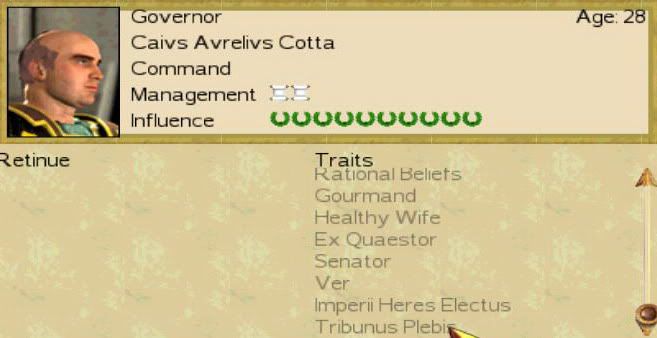
Helenos – Bíos
(written about 100 AD)
631 ab urbe Condita [123 BC] began as a normal year for the Roman people. But in early Ianuarius [January] Metellus the Censor died of old age. He did not live to see what chaotic years followed his passage to the afterlife. It is also a strange coincidence that the following events occurred in the year of his death, but there seems to be no evidence that Gaius Aurelius Cotta planed to wait with his actions till the death of Metellus.
Gaius Aurelius Cotta’s tribuneship started out normally that year. The first months in office he worked with his plebeian clients about legal matters. But in April Gaius Aurelius Cotta presented his law “lex Aurelia” to the Peoples Assembly. This law saw the redistribution of the ager publicus Romanus [Roman public land in Italy] to the destitute peasants. Every peasant should 500 iugera for cultivation, with additional 250 iugera for one, or 500 iugera for two sons. Linked with the law was the proposal to establish a public commission to distribute the land to those who needed it.
Cotta did not present the law to the Senate which had been common for hundreds of years since he did not want to risk wealthy Senators speaking against it, which actually infuriated Senators in the first place.
These Senators spoke to a tribune called Quintus Octavius to make use of his power of intercession to stop the “lex Aurelia”. Cotta was mad that his college spoke out against such an important law, but he did nothing else for the moment. He tried again a few days later, but Quintus Octavius spoke against the law once more. Cotta replied that he would take any necessary step to serve the republic and called for a vote among the 10 tribunes to relieve Octavius from his office. Such thing had not happened since the foundation in Rome because the Plebeian Tribune was in fact a sacred office sworn to protect the Plebeians at all cost. Now this man destroyed the ancient tradition.
It came to a vote and Octavius was relieved from his office. Cotta went for another try with his law and this time no one tried to speak against it.
The Senates was mad when they heard about Cottas actions. Nevertheless they did not dare to take actions against the tribune since his sacral power protected him from those Patricians. A try to harm him would have put all the anger from the Roman people against the Senate, so for now they had to wait until the year was over when Cotta was released from his duties and privileges.
The agrarian commission was instituted under the leadership of Cotta himself. His two colleges were Tiberius Sempronius Gracchus and Titus Aemilius Mamercus. The commission began to work immediately, redistributing lands to the poor.
But Cotta was a smart Plebeian with insight for what was happening. He knew that once the year was over his political power would run out and his work could have been for nothing. All it took was another tribune to reverse the law and abolish the commission. Some Senators openly spoke about such a plan. Cotta, realising his desperate situation and fearing for his life, announced that he would run for tribune for the following year again. The witty Plebeian outsmarted the opposing Senators, who were shocked over his apparent arrogance. But people were already wondering if his law was simply too much and if Cotta had broken too many rules of the Mos Maiorum [Custom of the ancestors]. Nevertheless the commission continued the work in 630 AUC [122 BC] after Cotta was re-elected as Plebeian Tribune
On the 12th of Martius [March] of the same year Cotta made public that he would run for Tribune as long as the commission had work to be done. He saw the needs of the land hungry masses of Rome as his most important work in life and he, so he argued, could not be slowed down by any ancient traditions. But by doing so he alienated himself from the people, his supporters became fewer every day. And most important, his announcement that he would run for Tribune again infuriated the Senate to the highest point.
The next day the Senate met in session, but any sense for a calm discussion was lost. Turmoil and loud arguments flew through the air like javelins in war. Some supporters of Cotta were physically attacked and fled from the Senate. The remaining people discussed their options, but all talking was in vein when the consular Quintus Hostilius Manicus stood up and left the Senate with his followers.
Hostilius Manicus marched towards the Forum where Cotta was talking to the masses from the Rostra [political platform]. There on the late afternoon the Senators under Hostlius Manicus clashed with Cottas followers. Before anyone had any idea what was going on violence terrorized the Forum and people were severely injured. Citizens ran in all directions and chaos broke out among them. No one knew what happened exactly but in the end Cotta and a many of his followers lay dead, covered in blood on the ground of the Roman city. His followers fled, his body was covered in linen and dumped into the Tiber the following day. For now the problem for the Senators was solved, so it seemed to them. […]
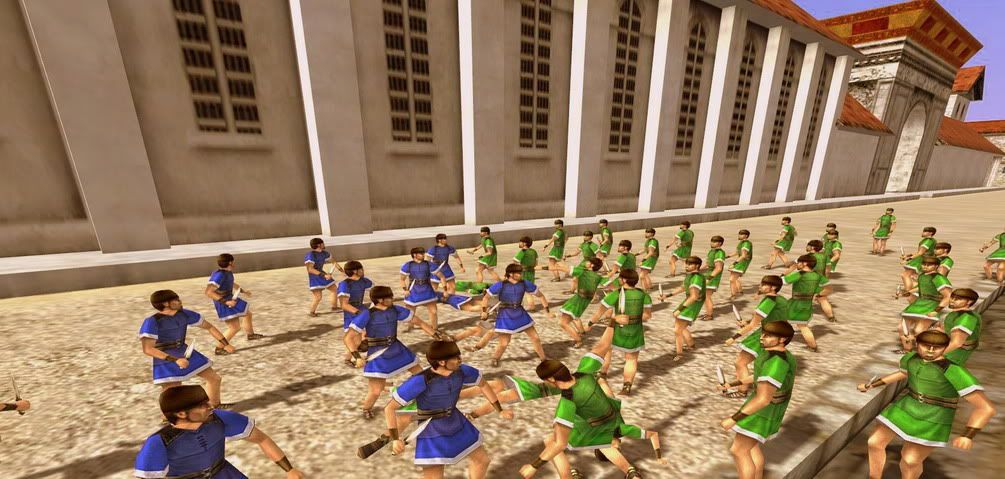
The Roman Empire, by Wolfgang Schreier, Bonn 2003
These events were a shock to the Roman people. 30 years ago Rome engaged in wars all over the known world and defeated Carthage and Macedonia, now the Romans were killing each other on the Forum Romanum. The supporters of Cotta were pursued and put before a legal tribunal appointed by Senators. Many people around Cotta were sentenced to death, among them his close friend and commissioner of the agrarian reform Aemilius Mamercus.
It could be argued that the rich prestigious Senators did not want to give away a piece of the big cake that was the public land in Italy. This is not exactly true however, because the Commission for agrarian reforms did not cease to work, their missing ranks filled with other Plebeians. Furthermore Cottas opponents like M. Popillius Leanas adorned their legislating in improving the situation for the have-nots through the commission. It seems that the ager publicus was not the essential issue. The root of the conflict lay in the process of ignoring the Senate as a well established political institution and the activation of the Plebeian Council as the sole lawgiving assembly.
This new way of making politics split the political positions in two, even though if the constraints were variable. The one claimed working for the well being of the people, which were called populares; the other ones represented the best, optimi, of people, hence their name optimates.
One should not however confuse either group as a modern political party with different agendas. Simply put the populares meant to rule through the popular assembly, while the other group acted through the Senate.
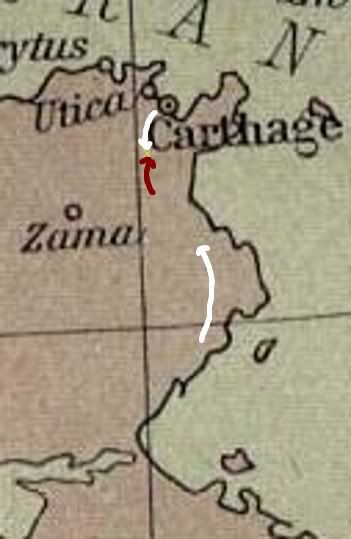




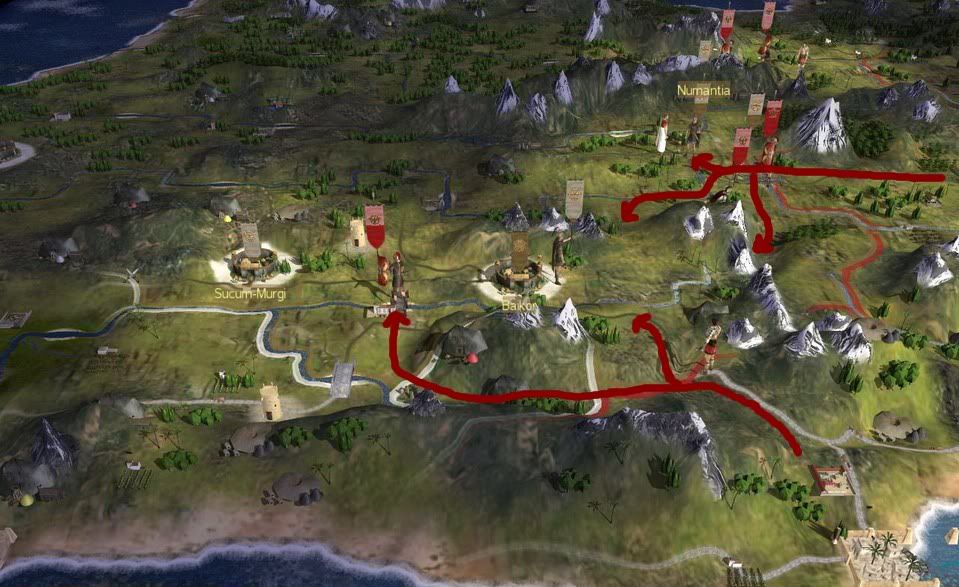

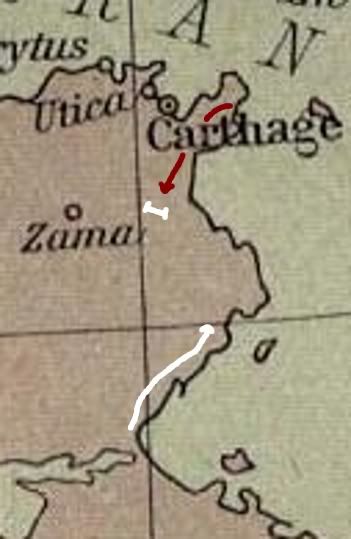
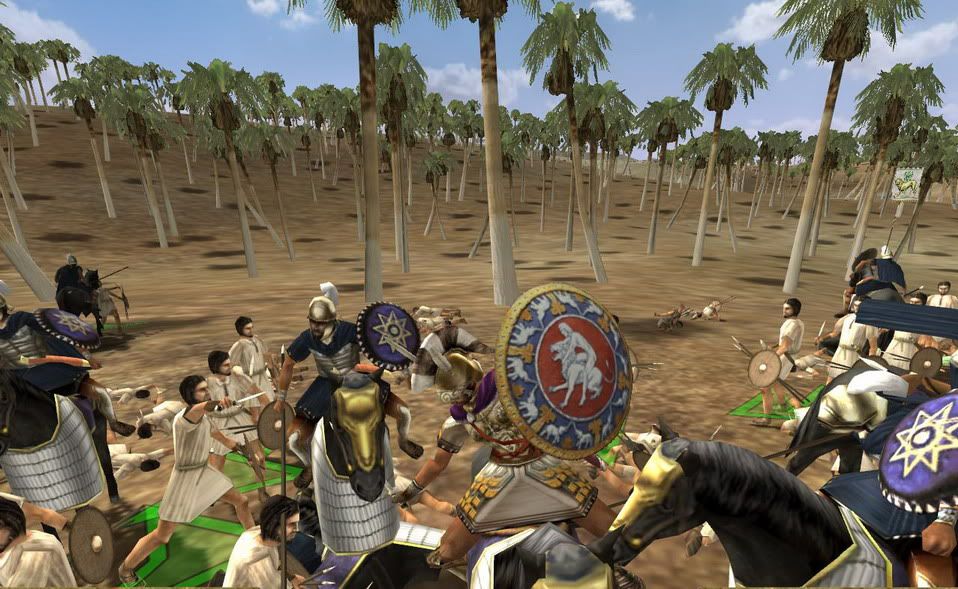
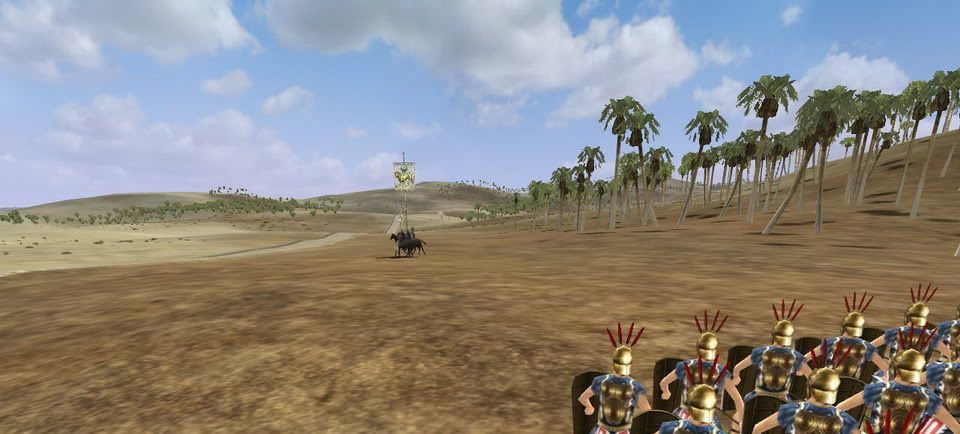

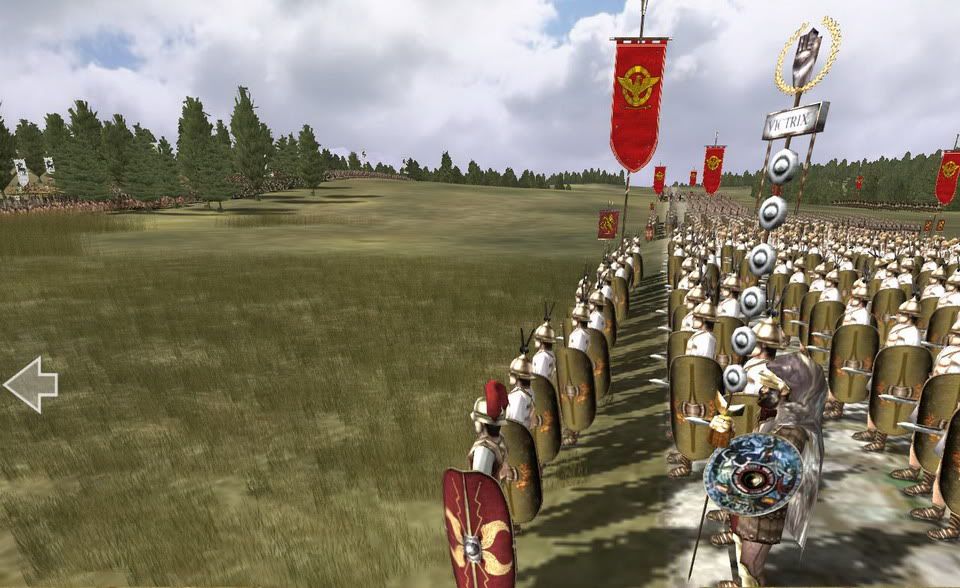
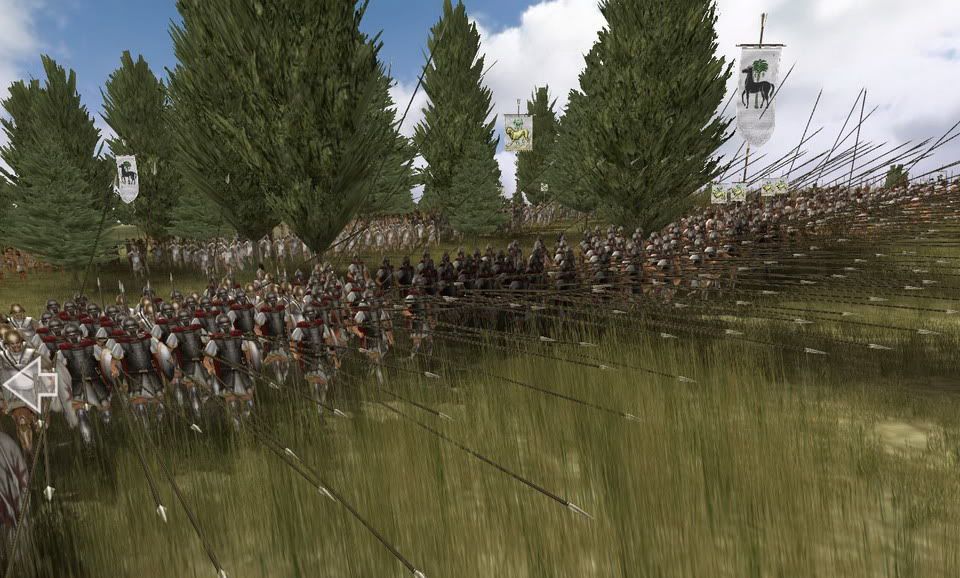
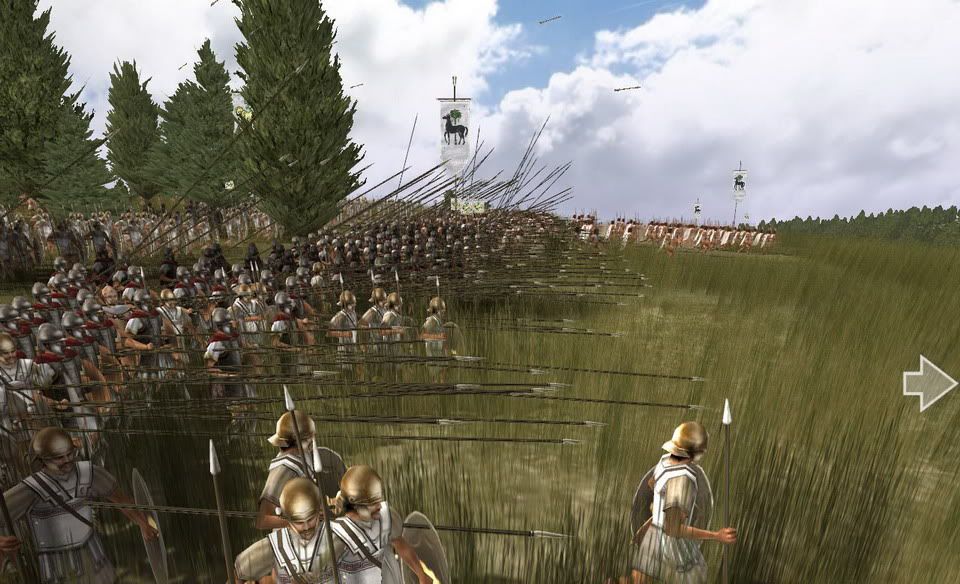
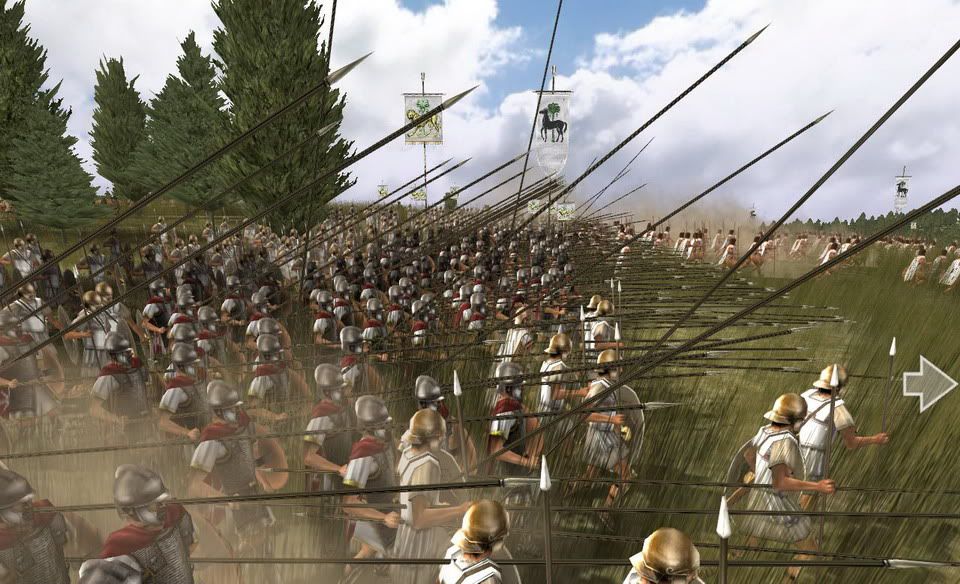
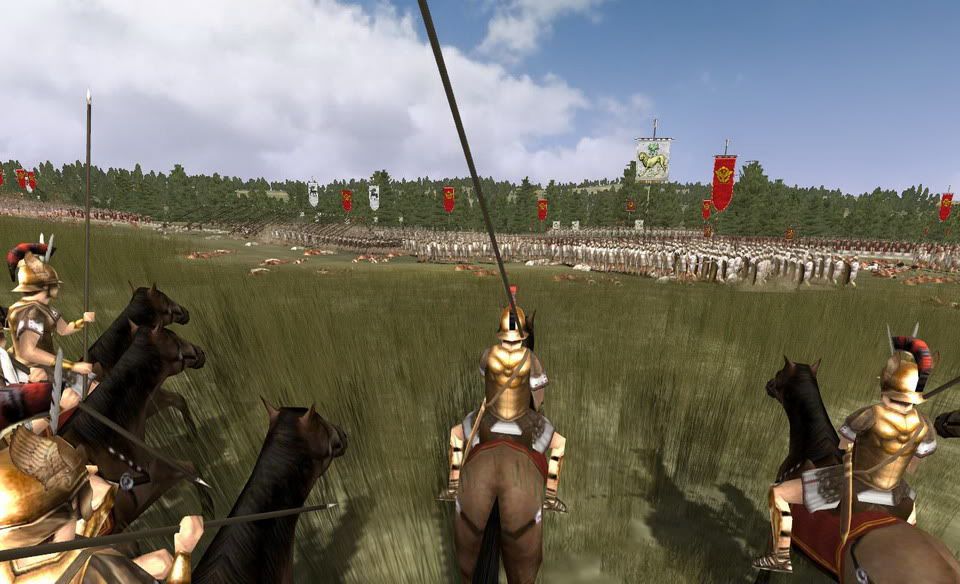

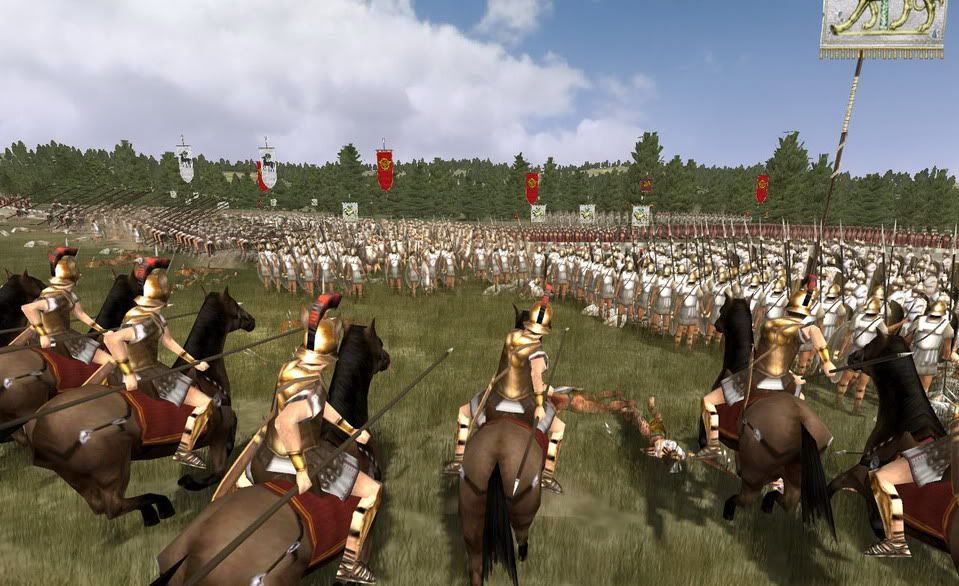
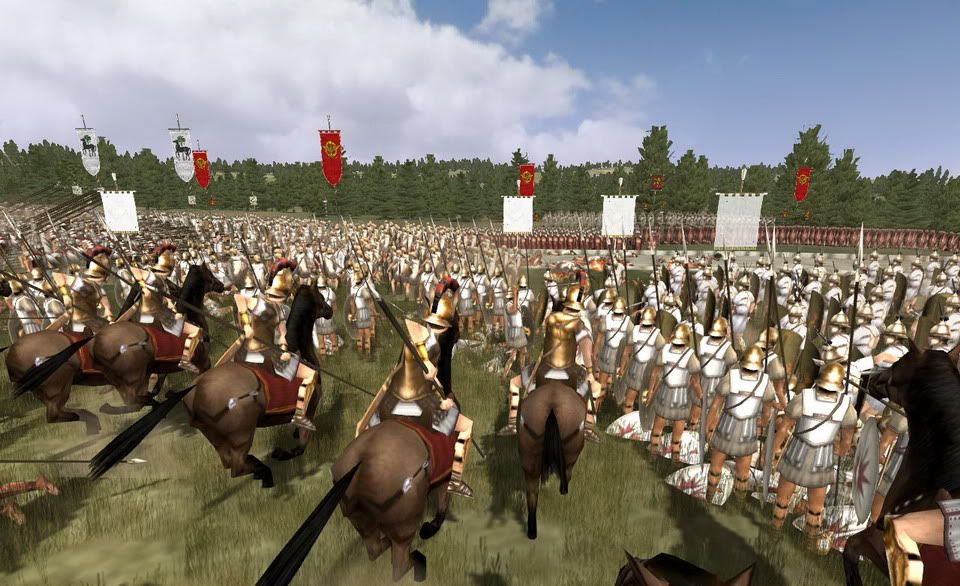
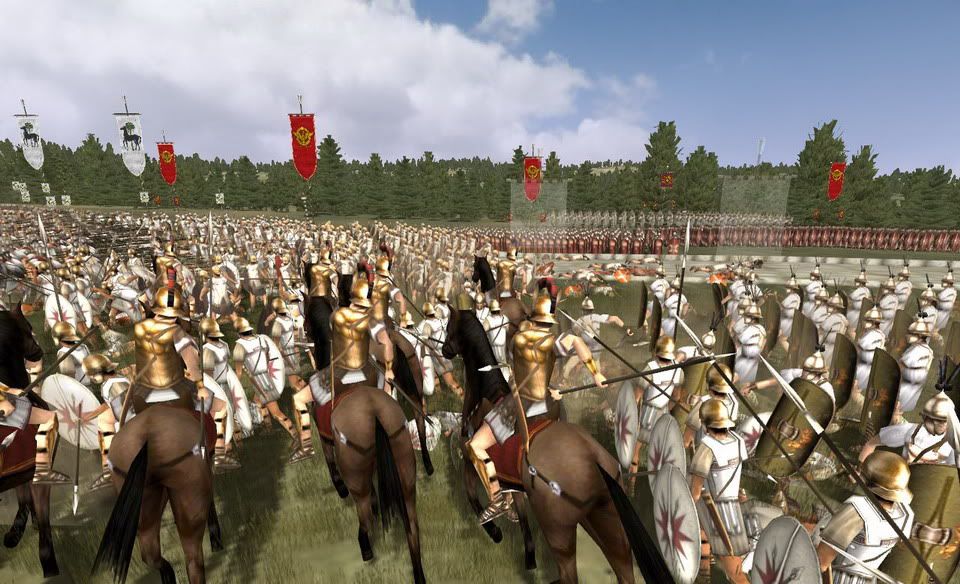
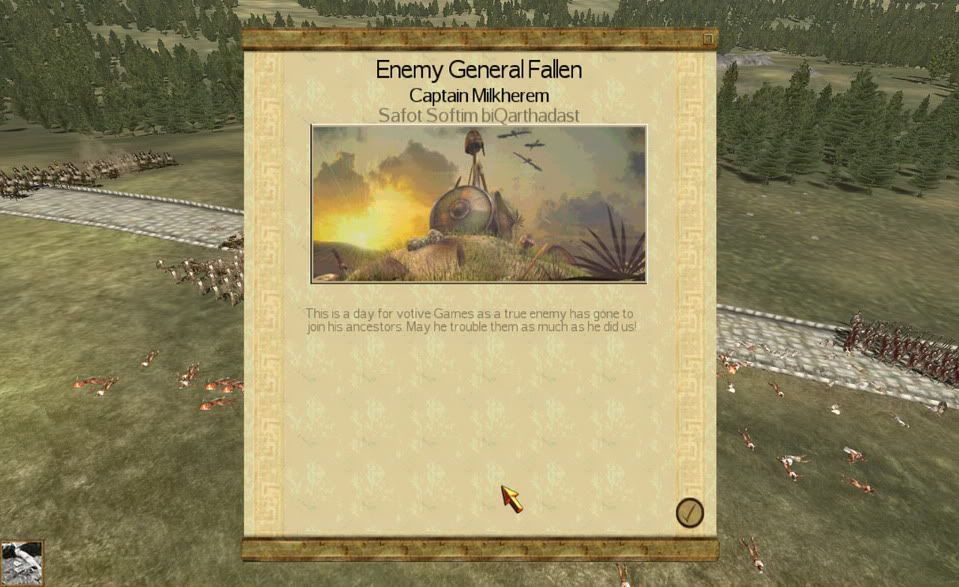
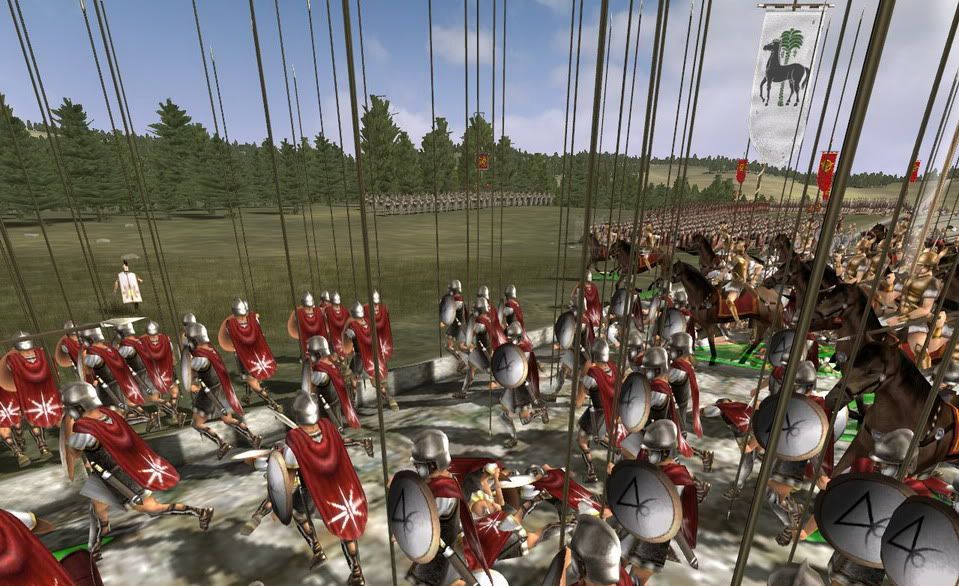
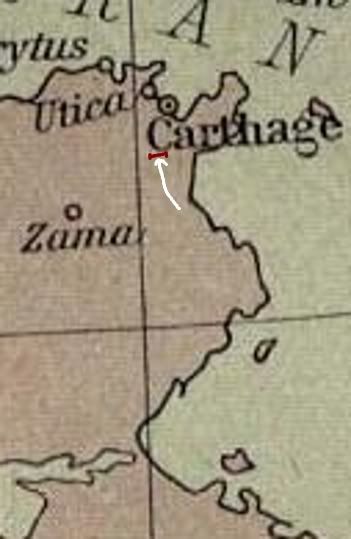


 Reply With Quote
Reply With Quote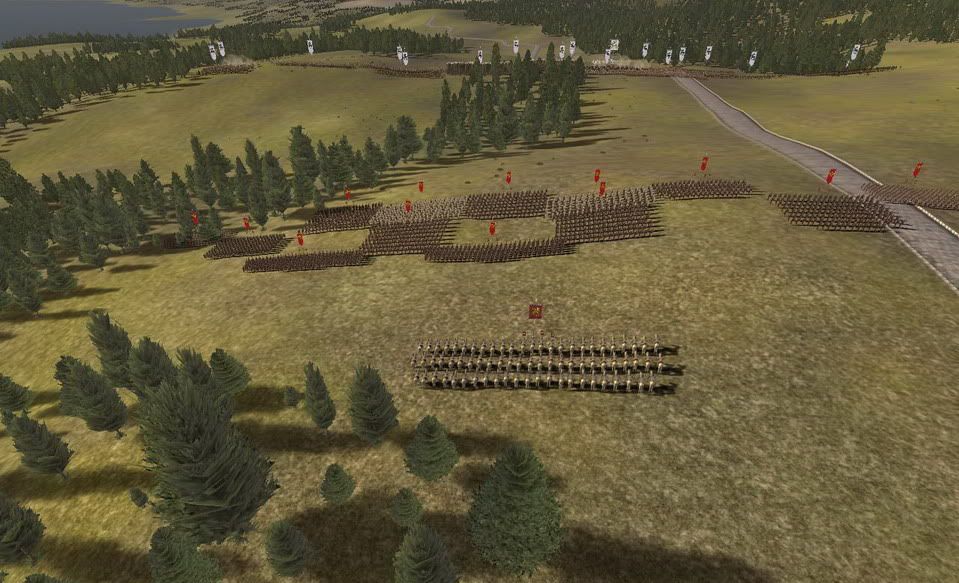
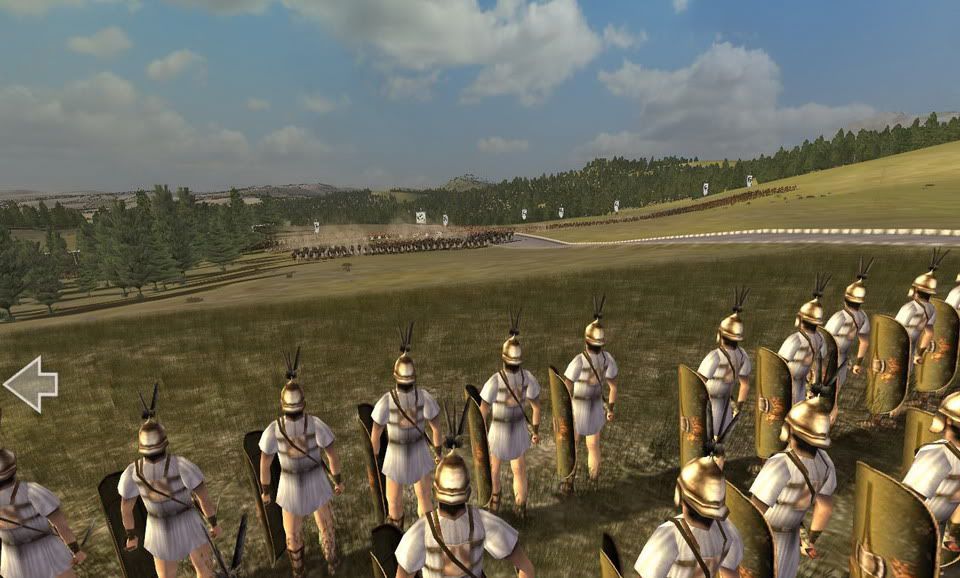
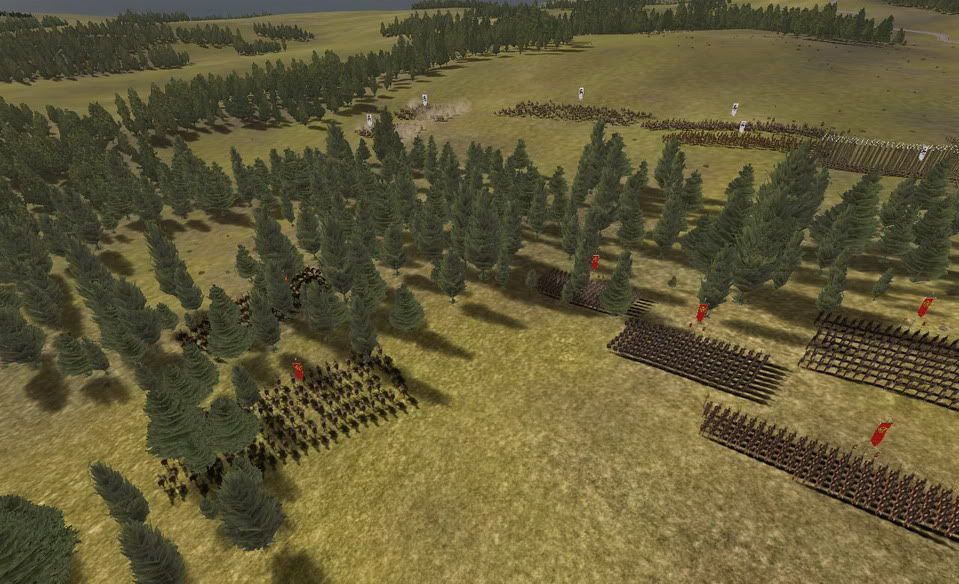
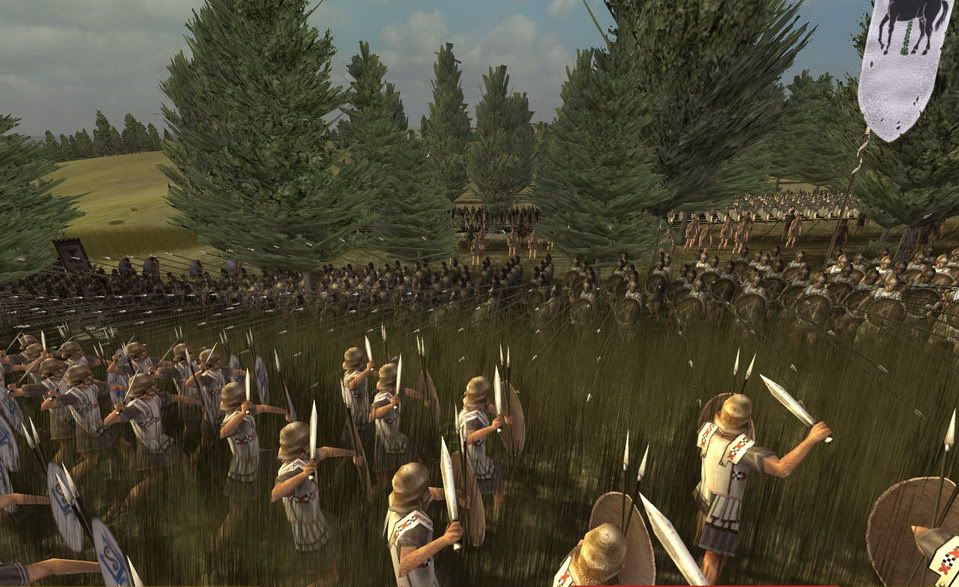
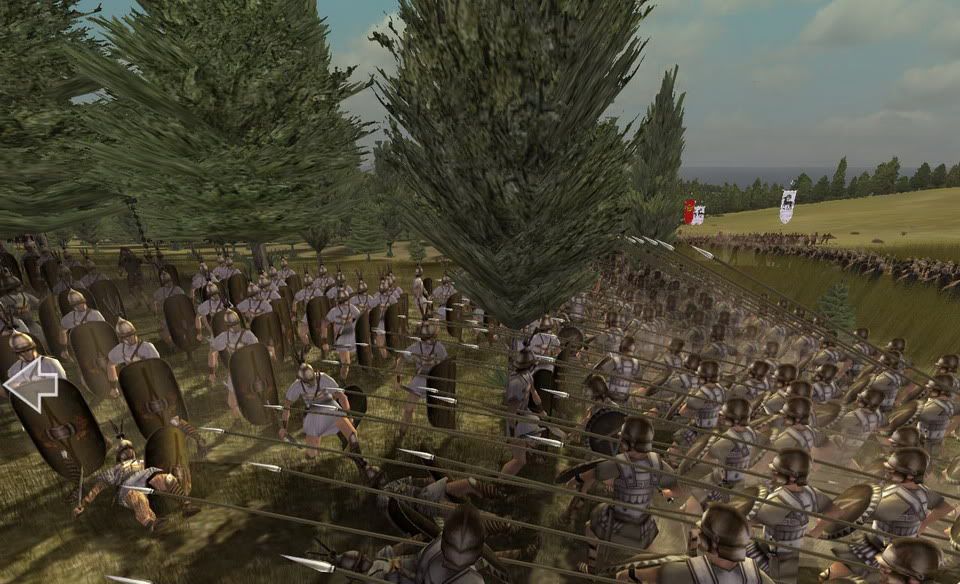
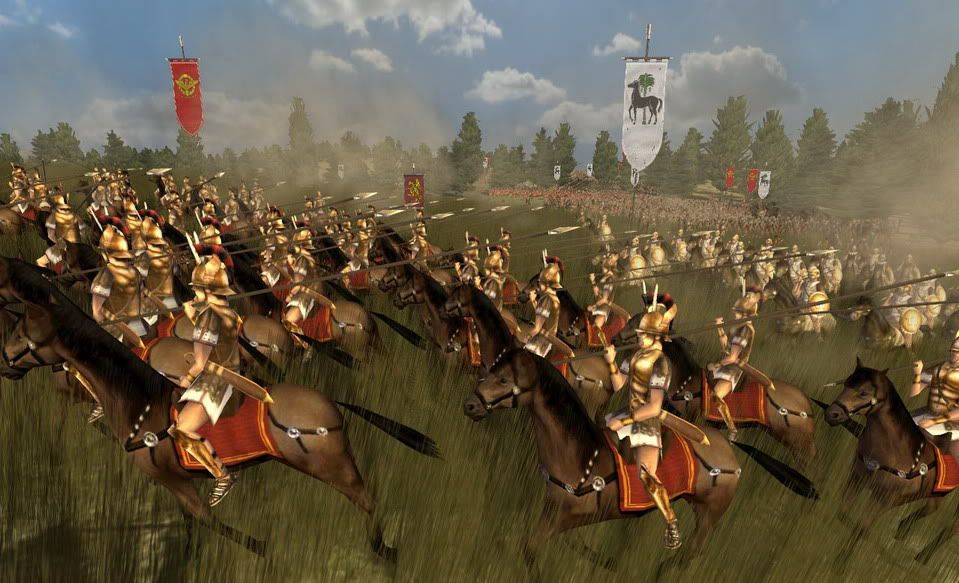
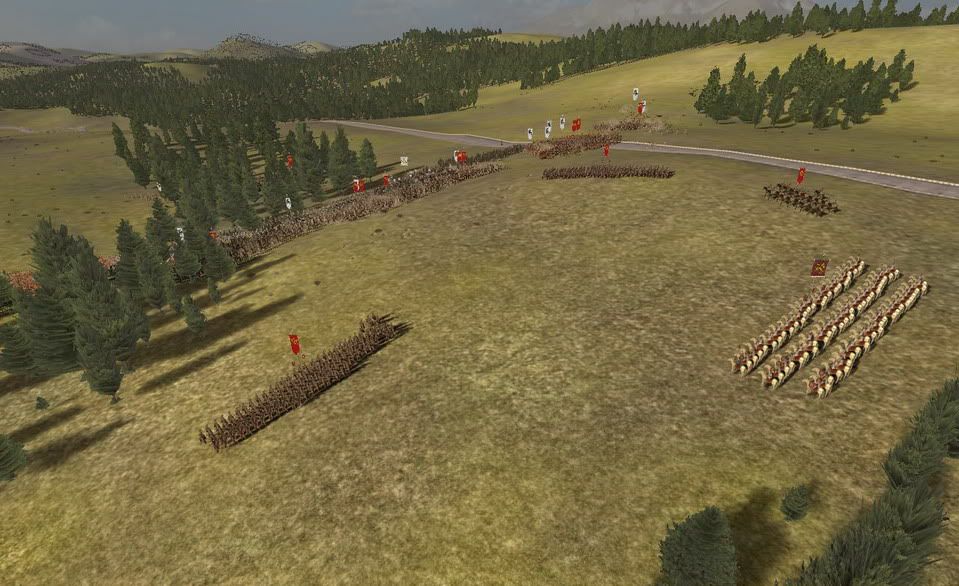
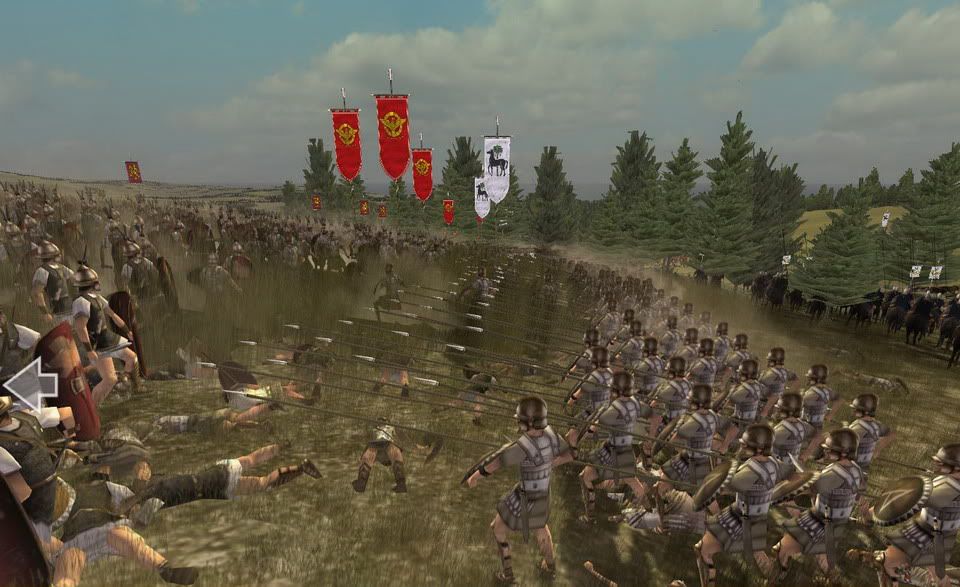
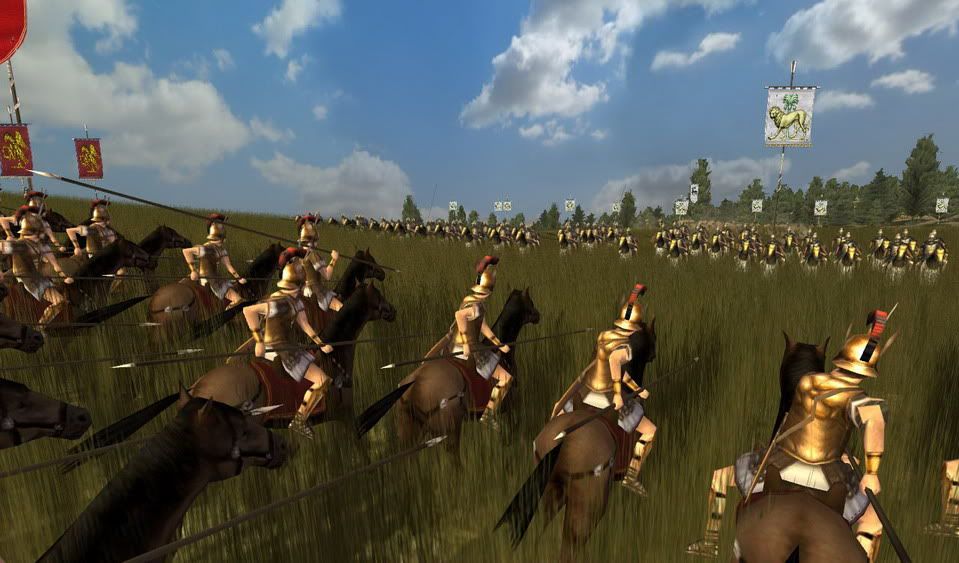
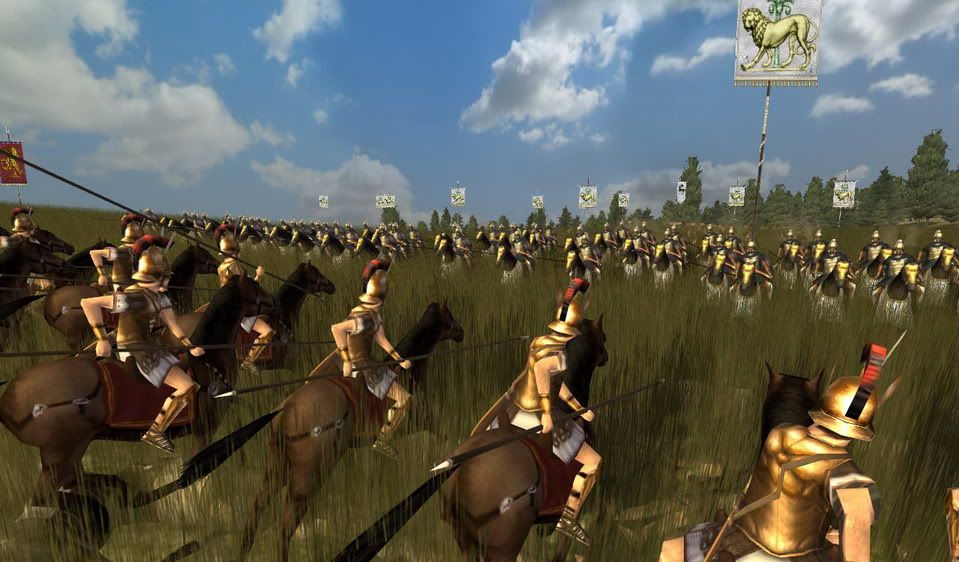
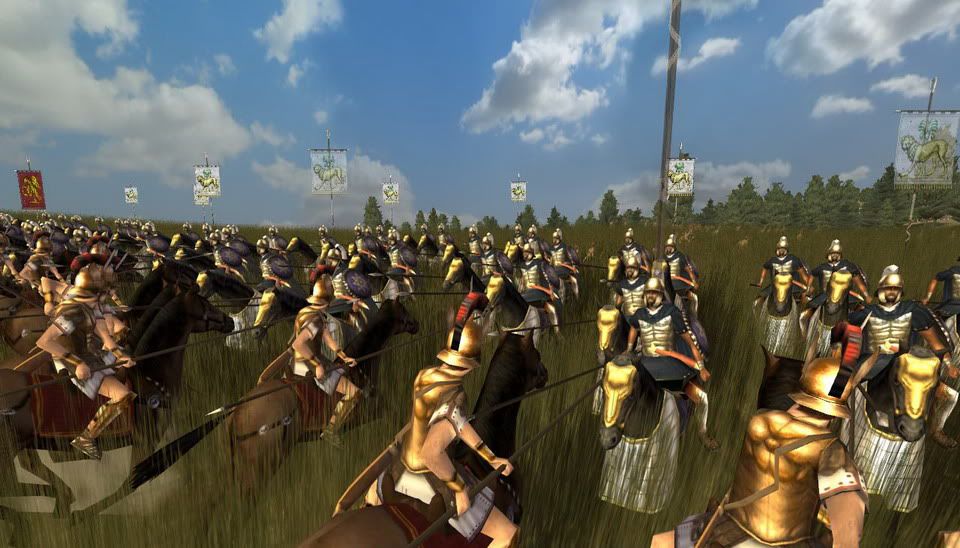
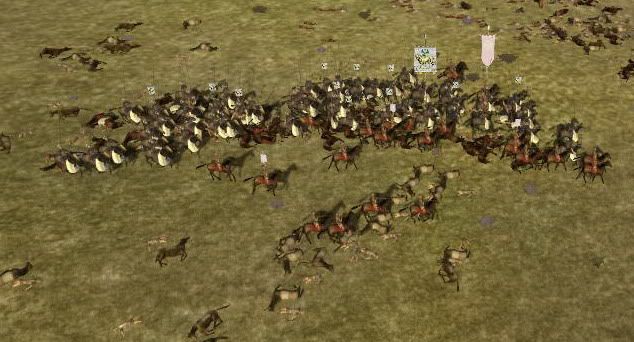
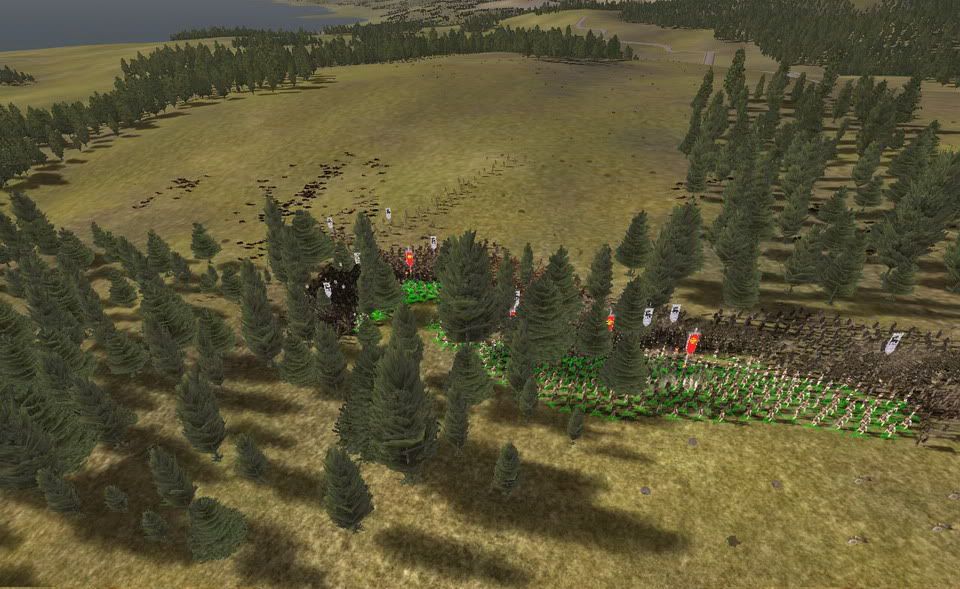
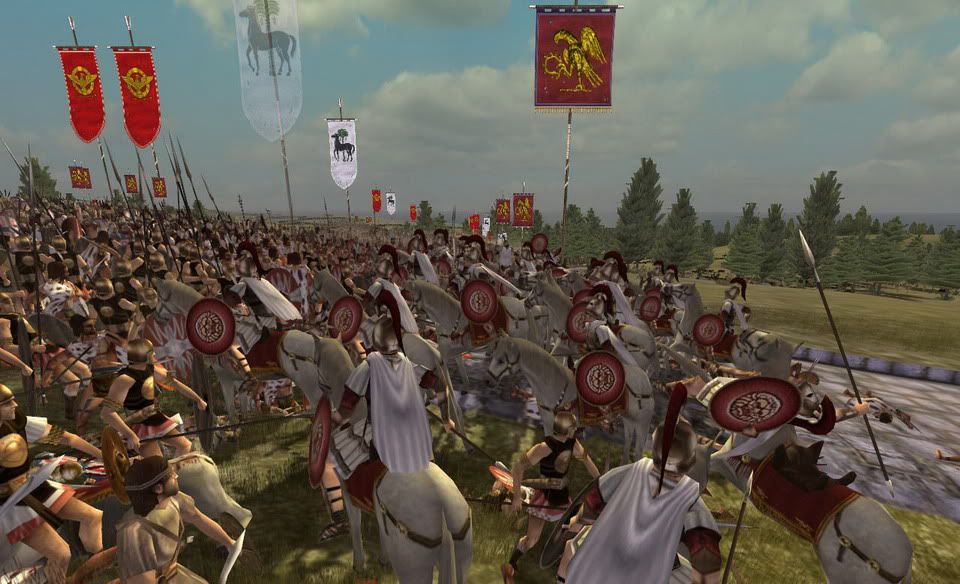
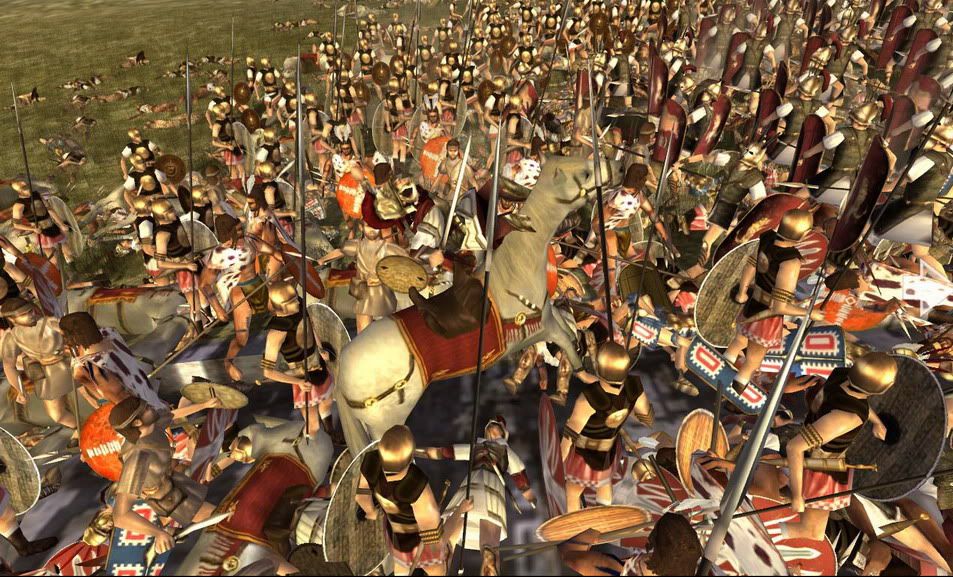
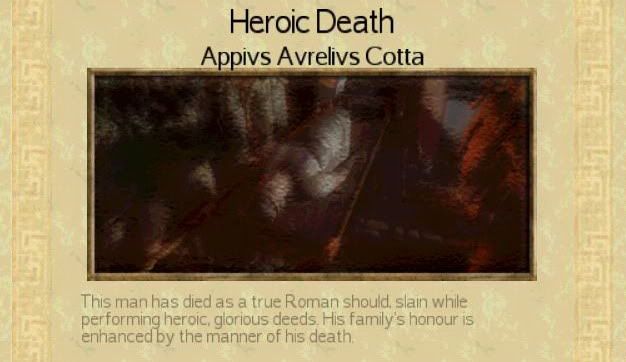
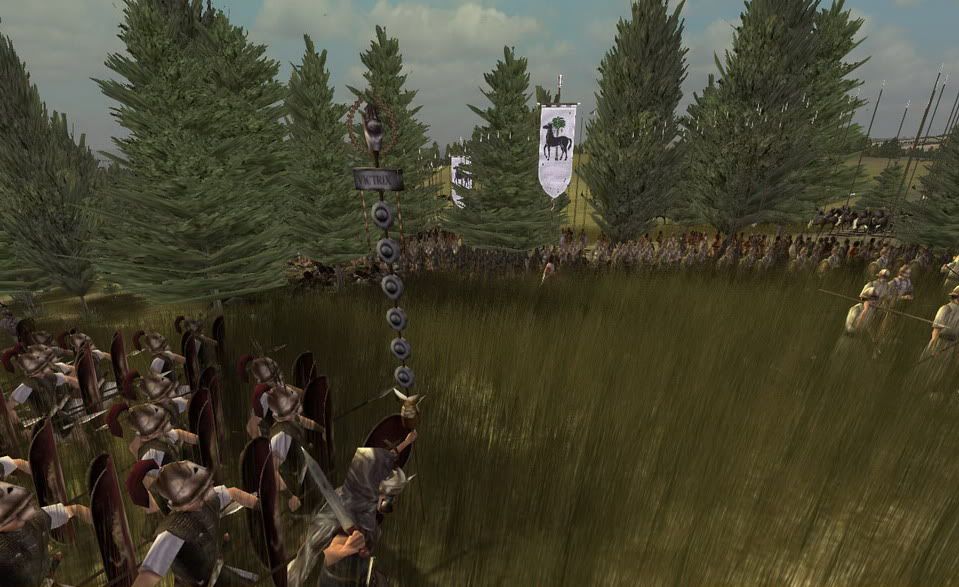
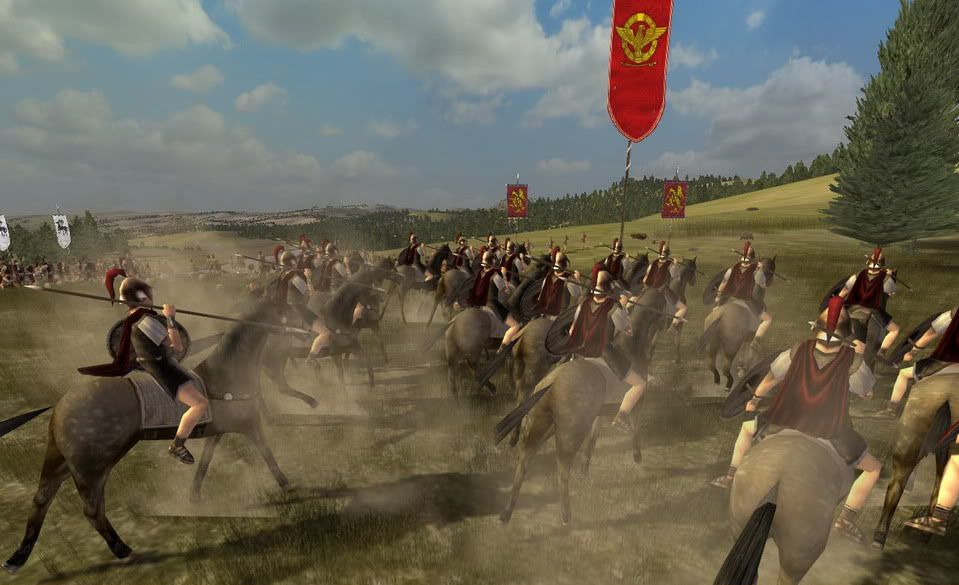
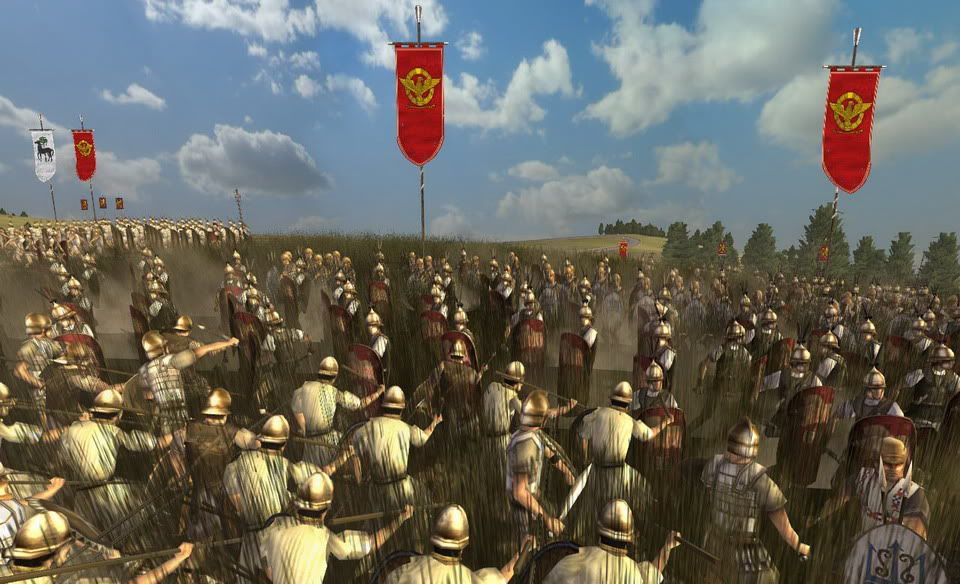
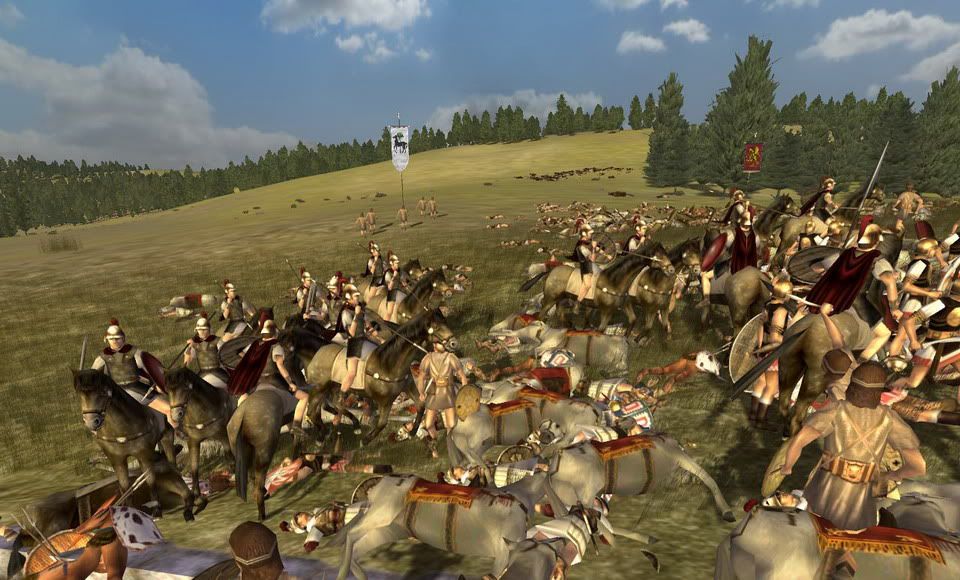
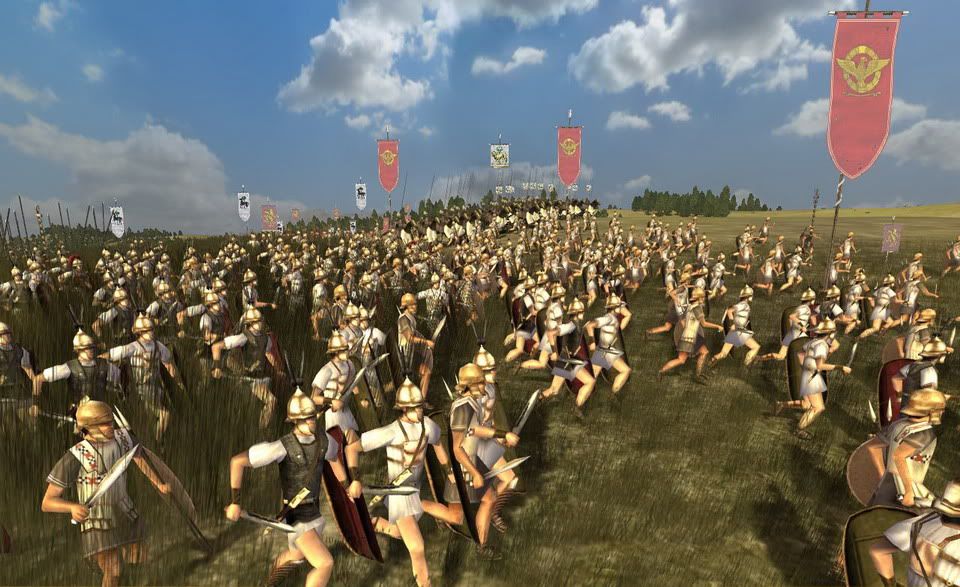
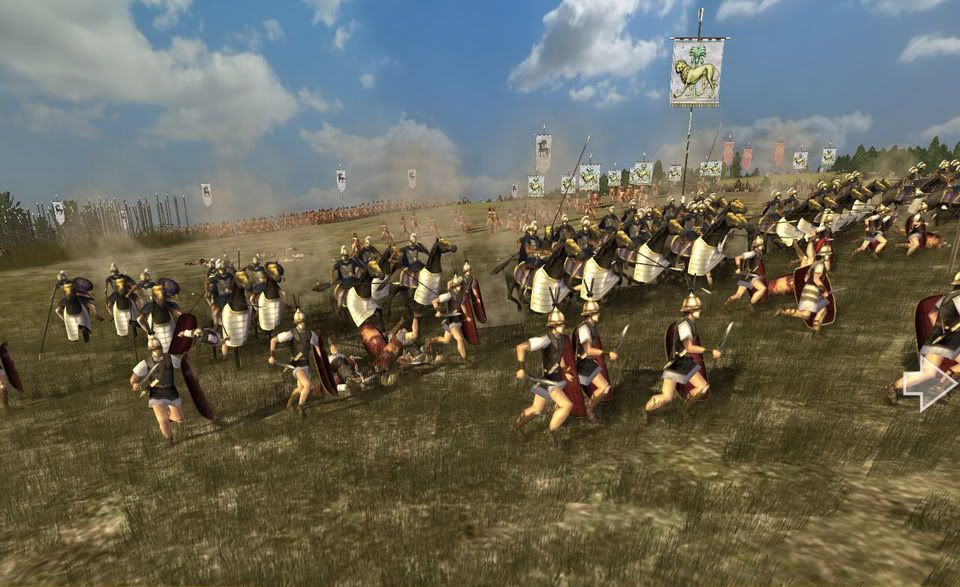
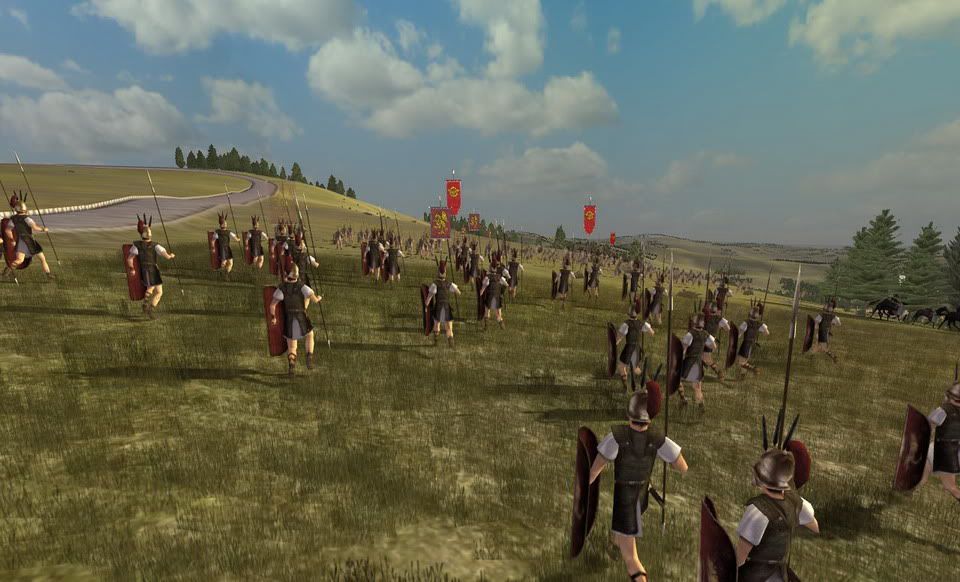












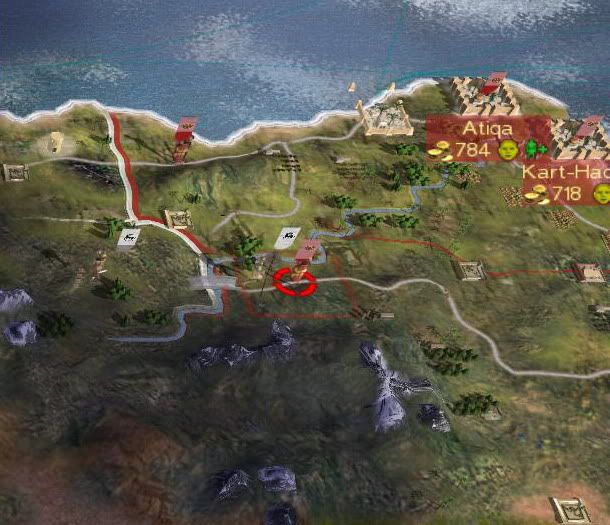
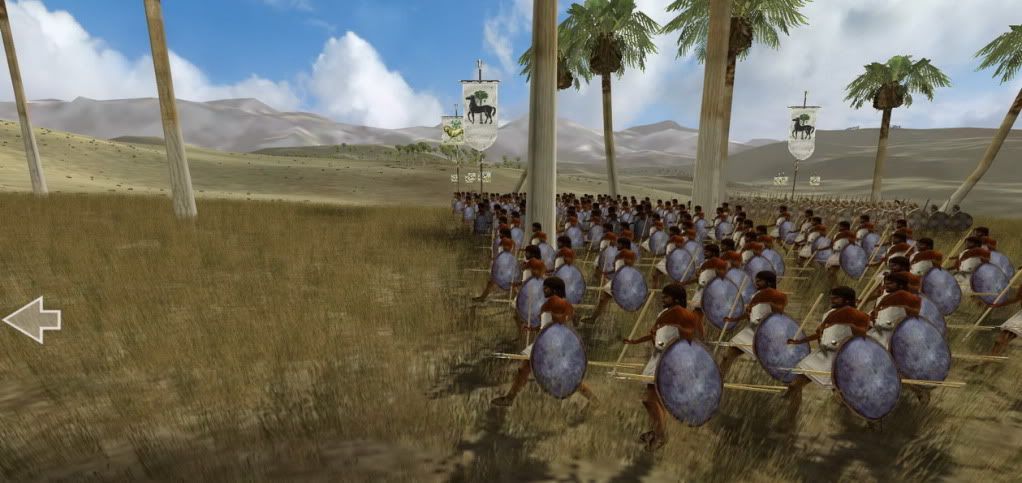
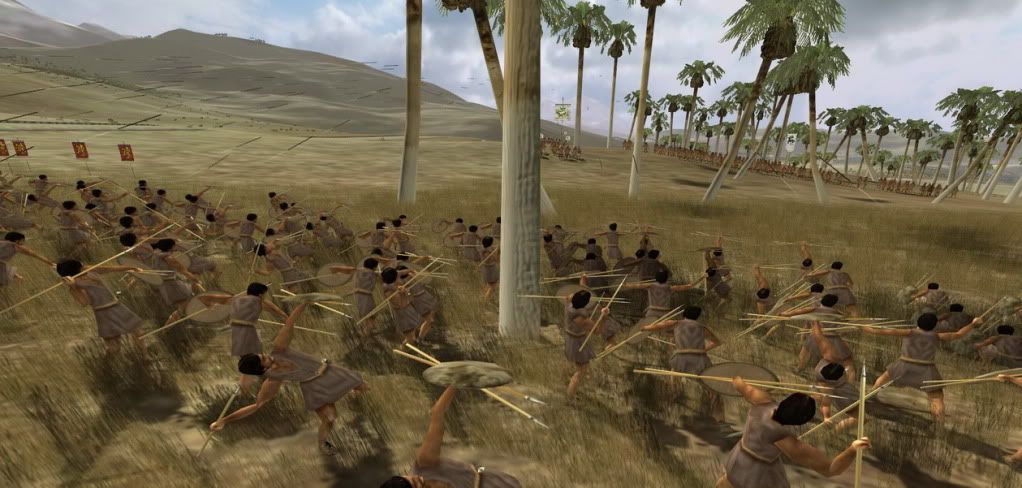
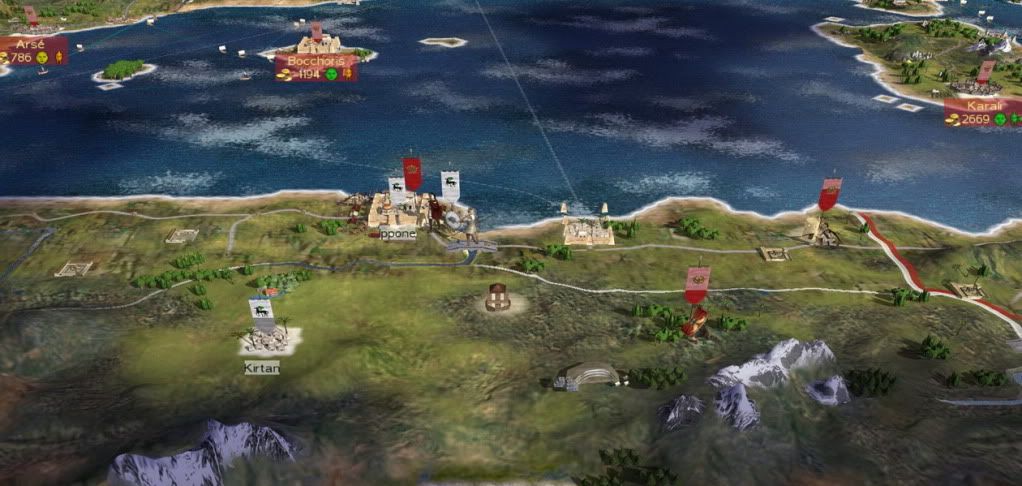
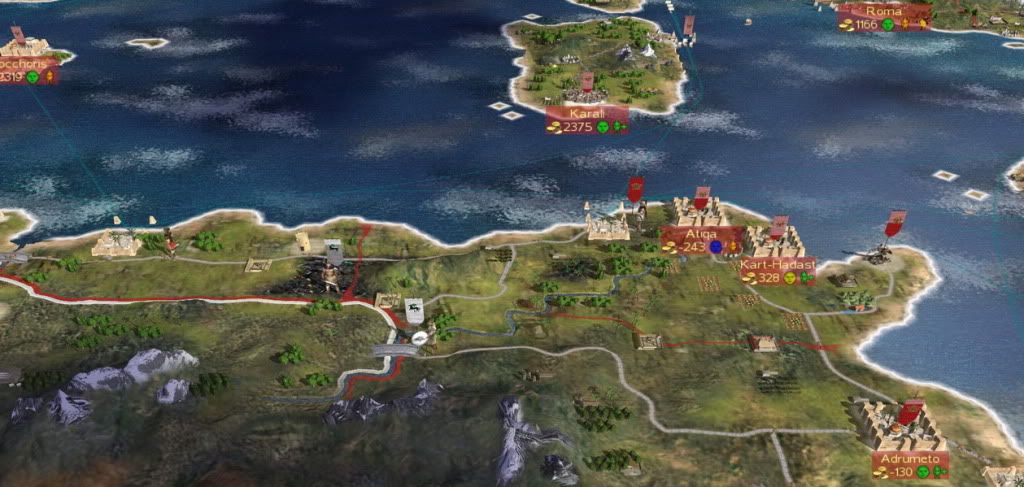
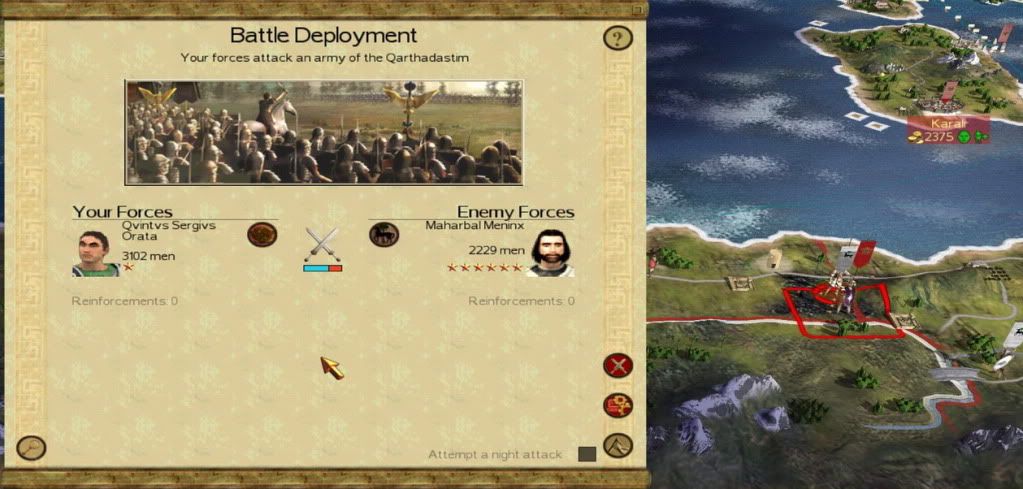
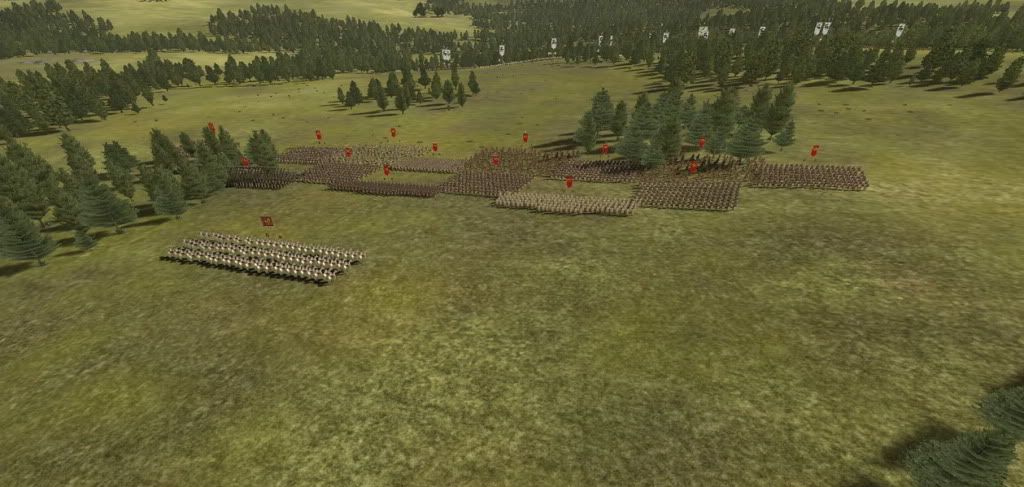
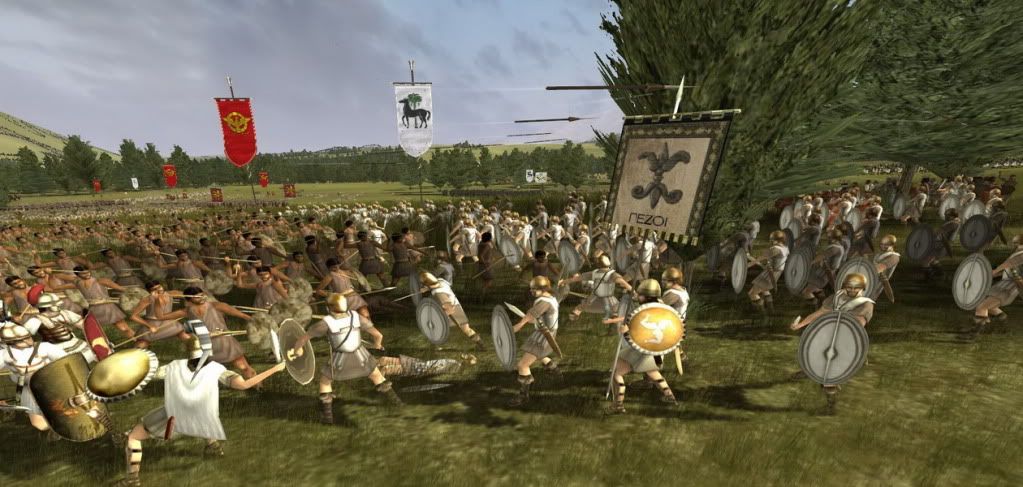
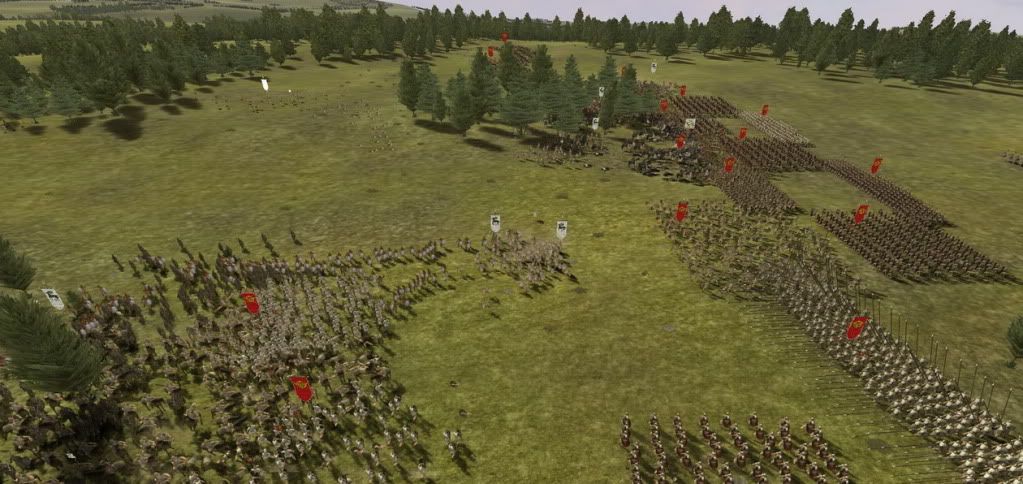
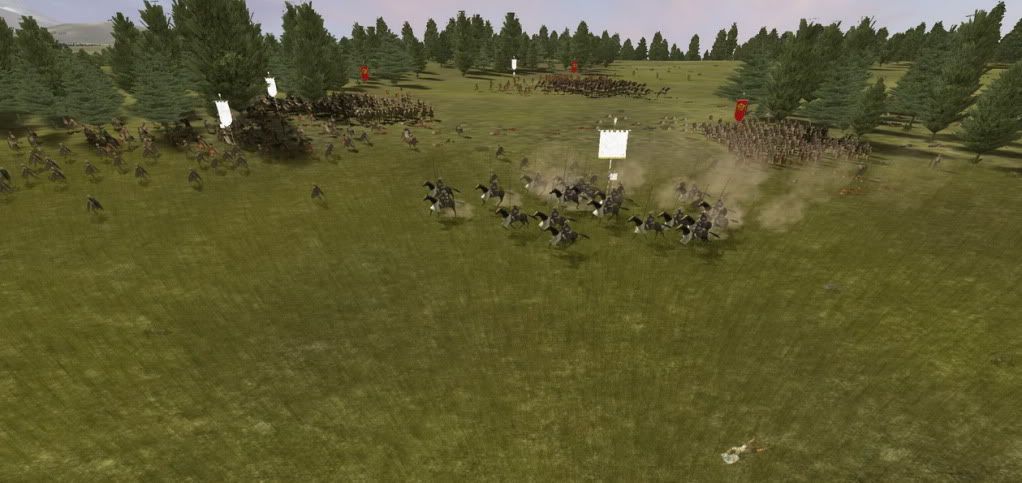
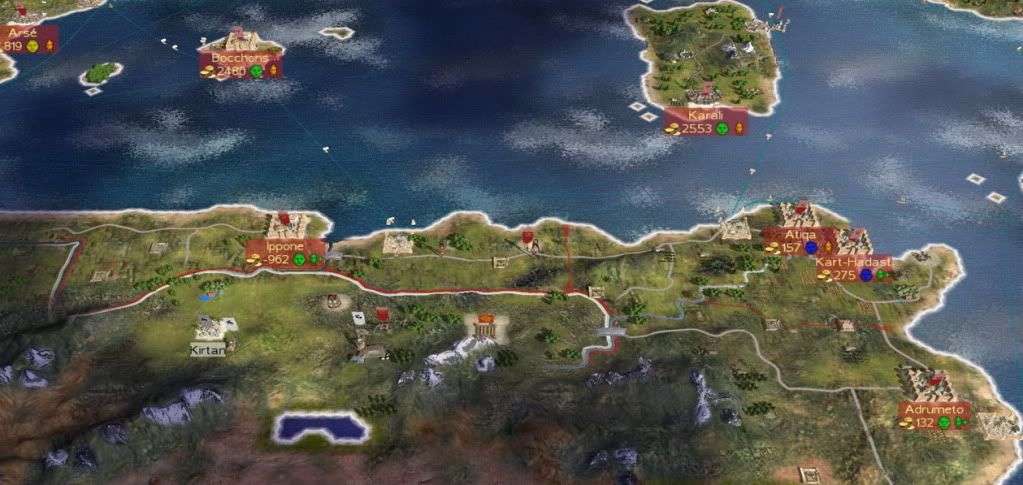
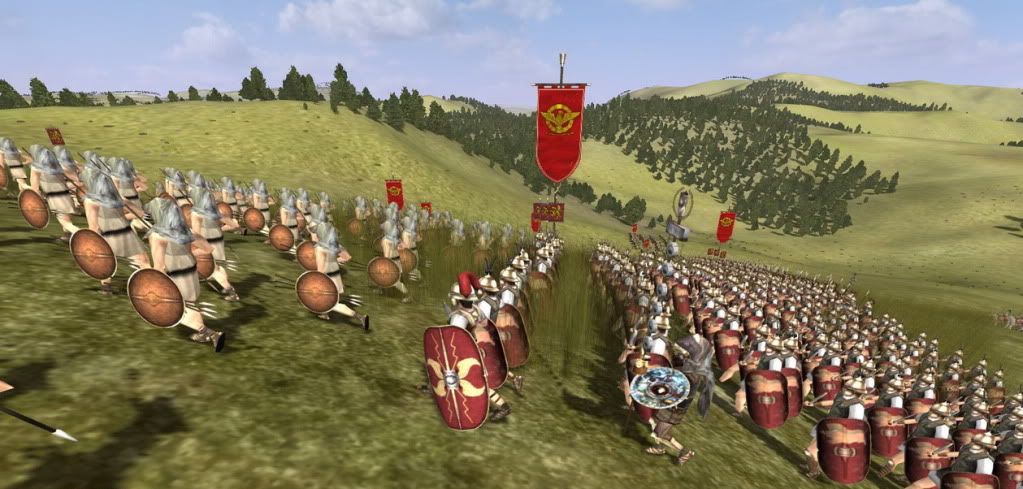
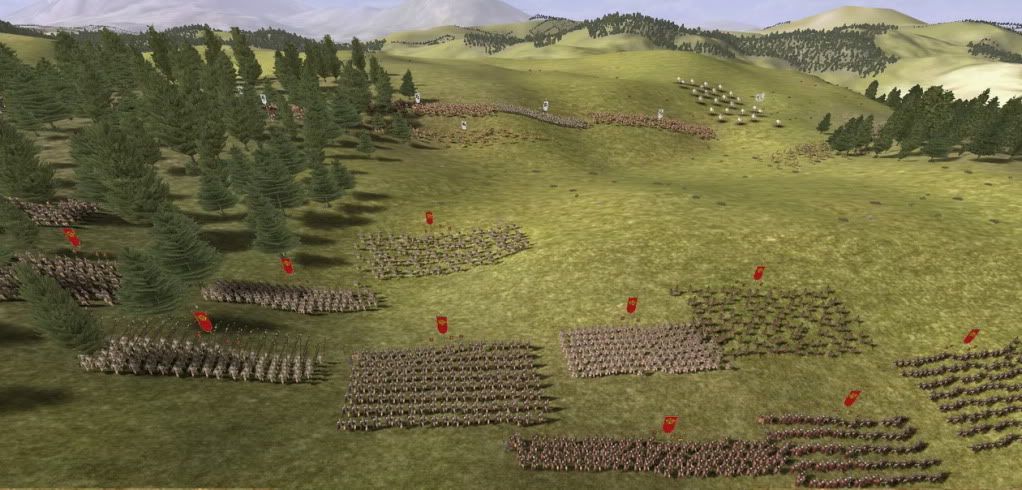
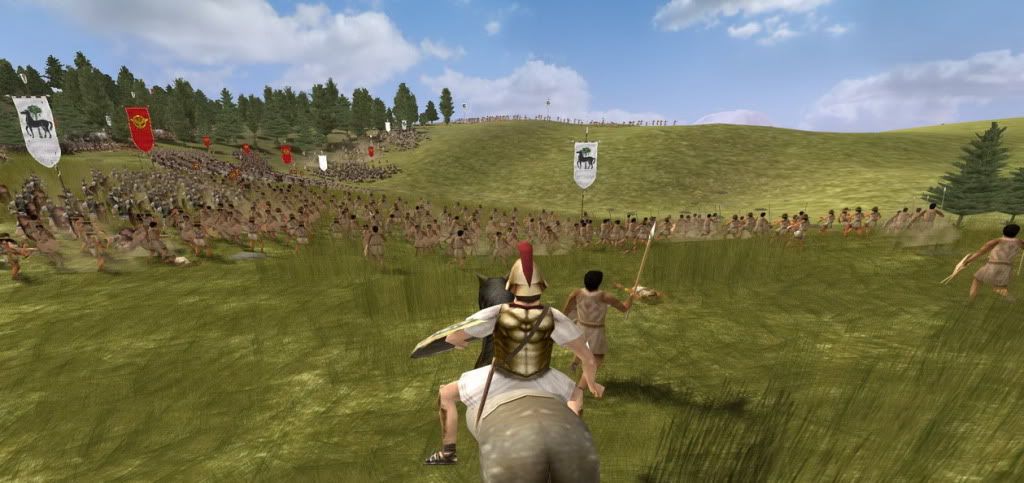


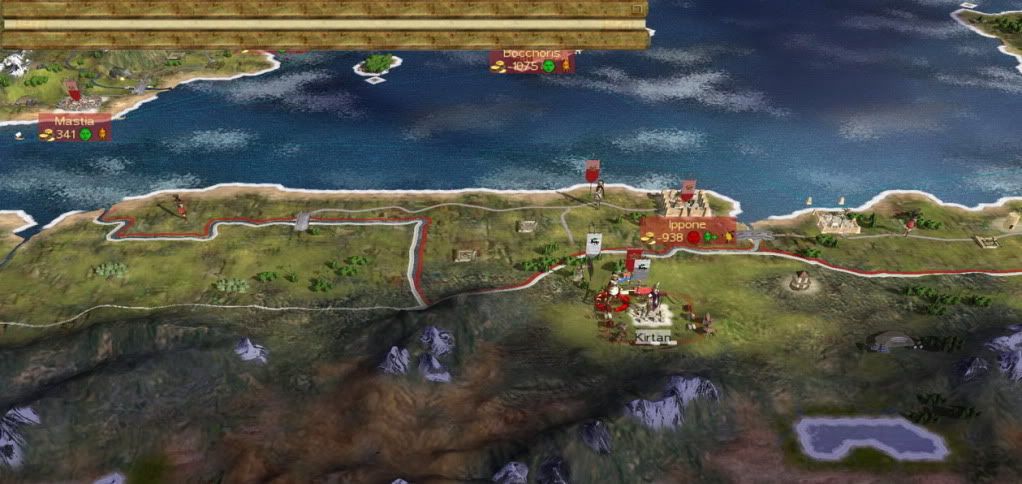
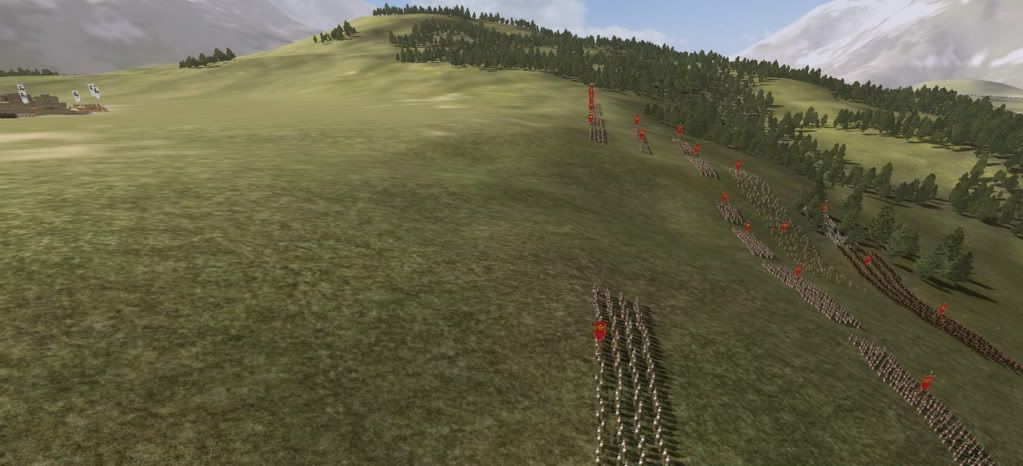

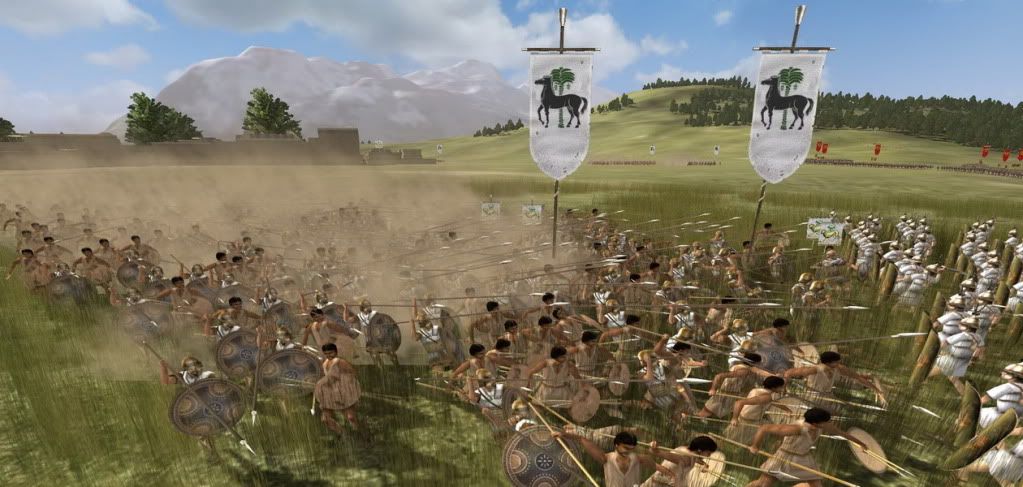
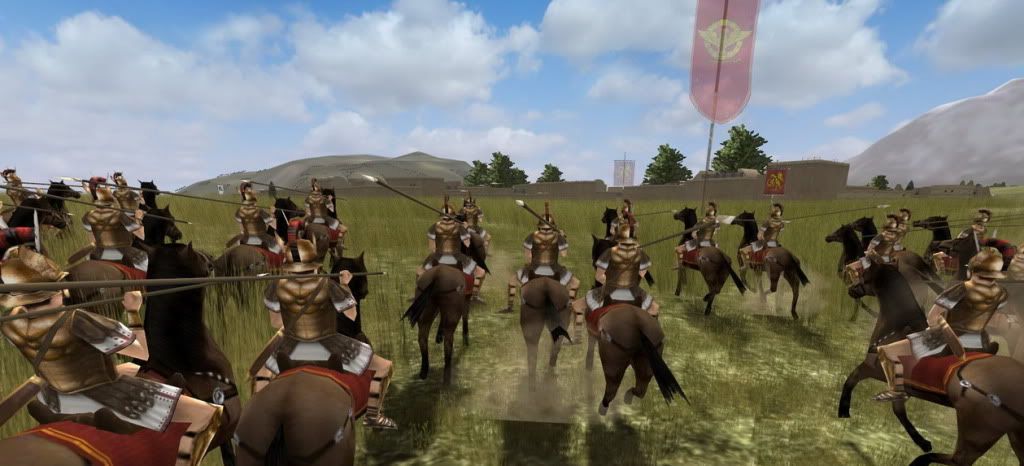
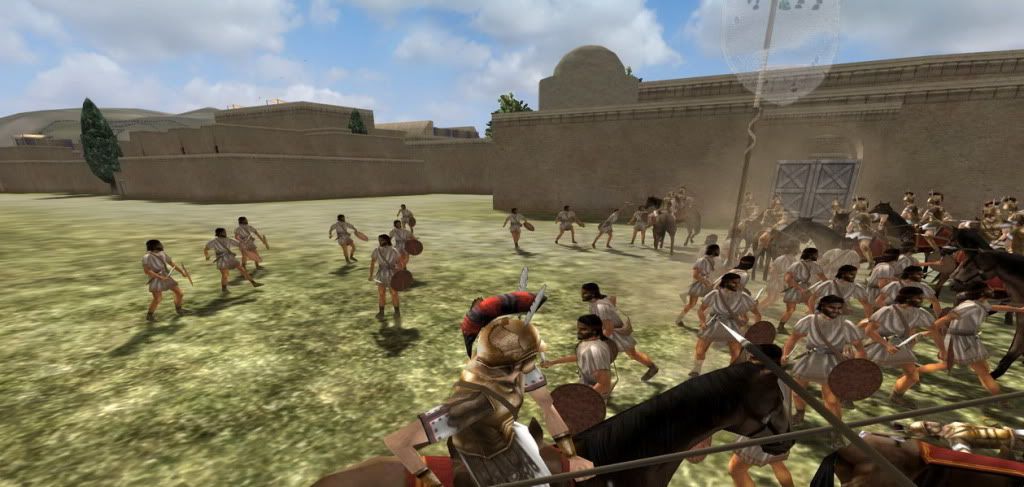
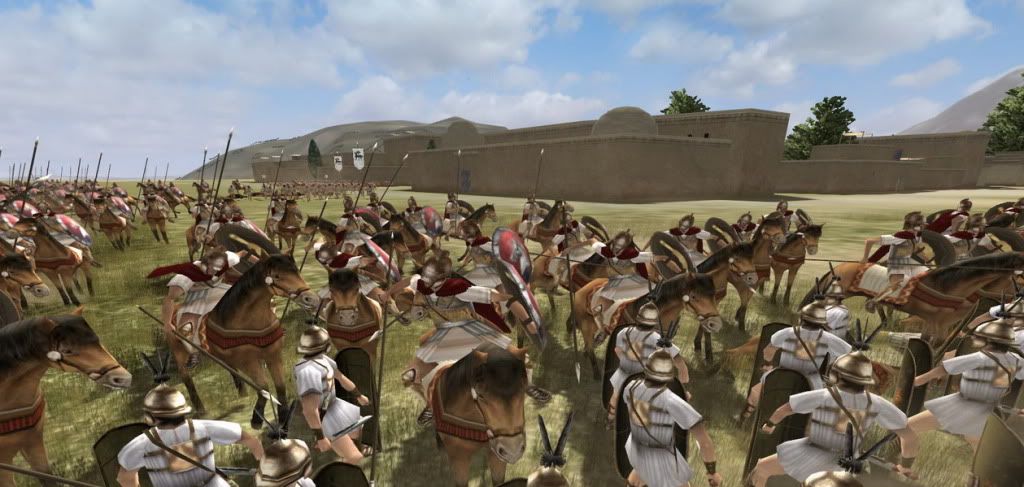
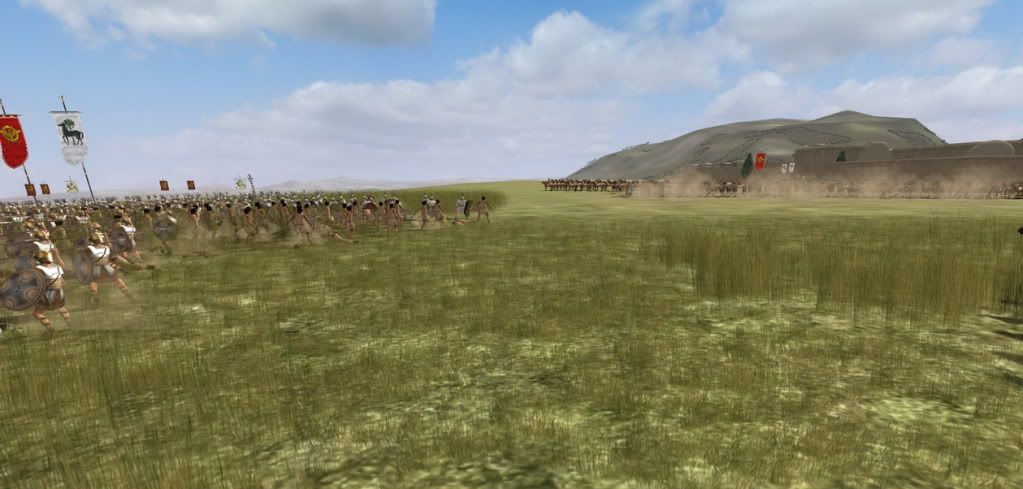
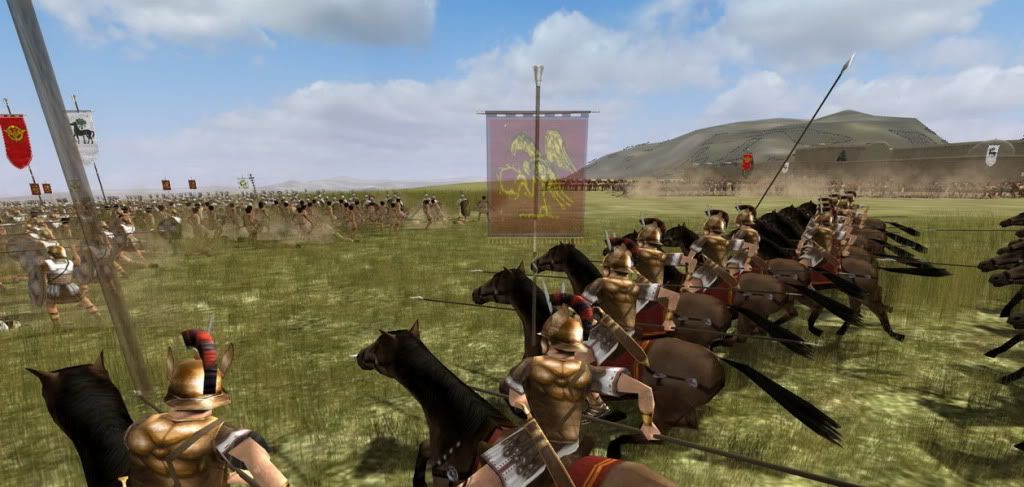
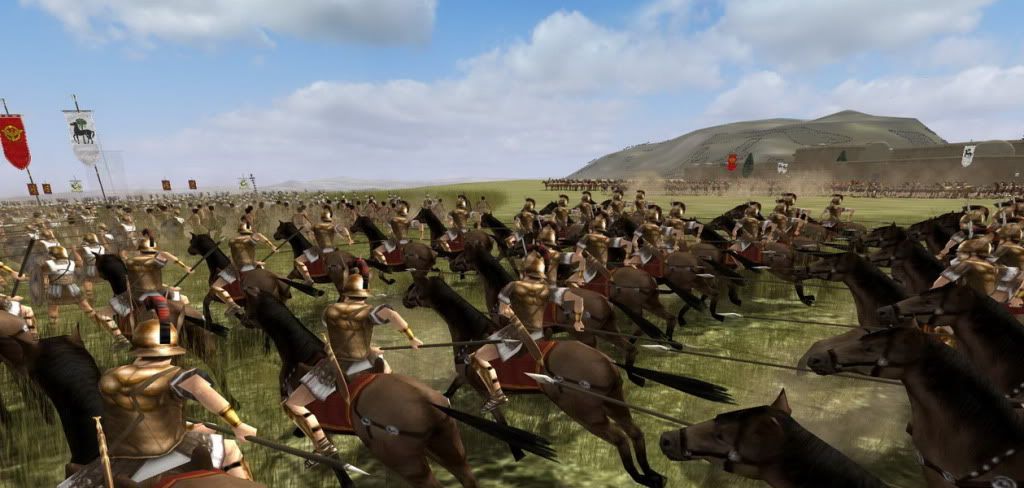
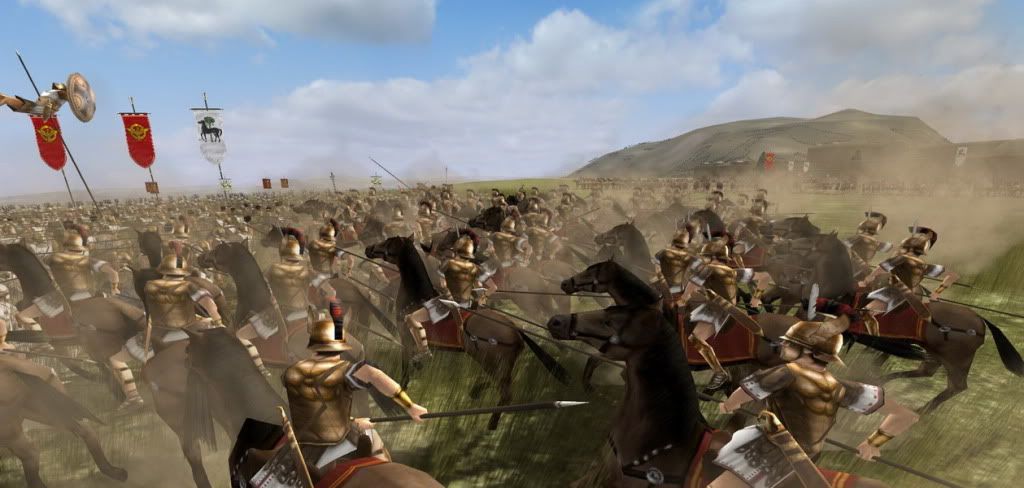
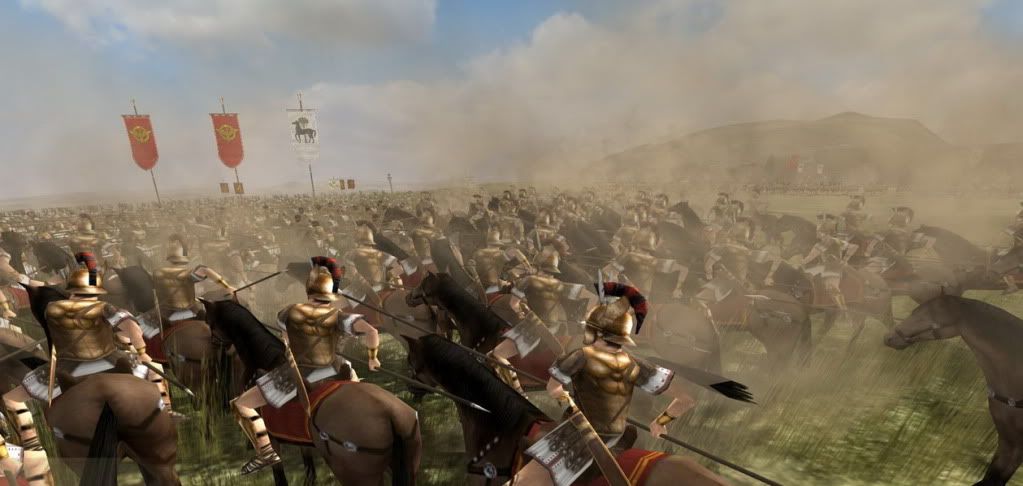
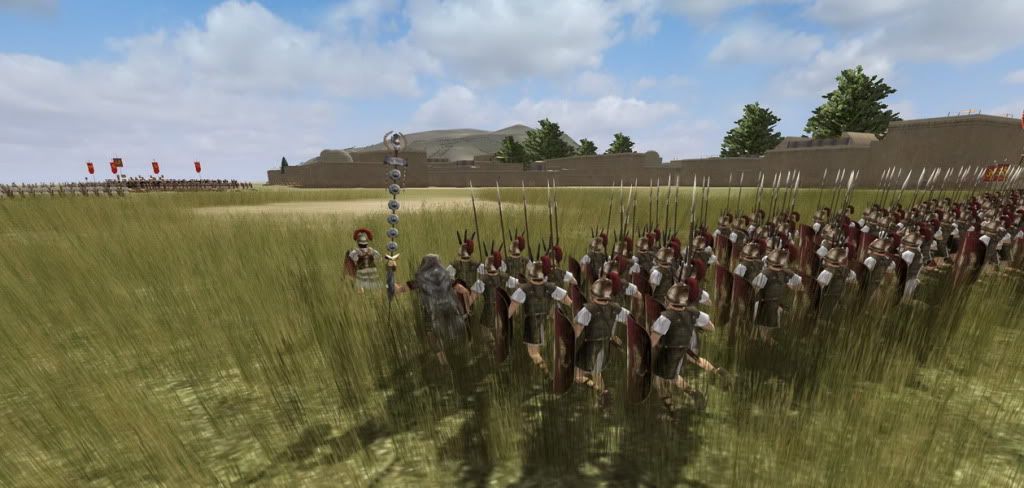
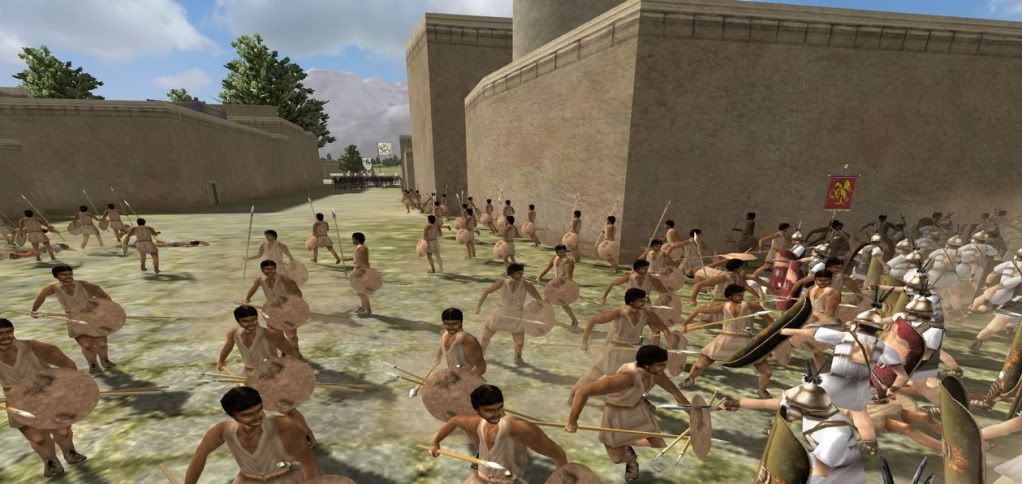
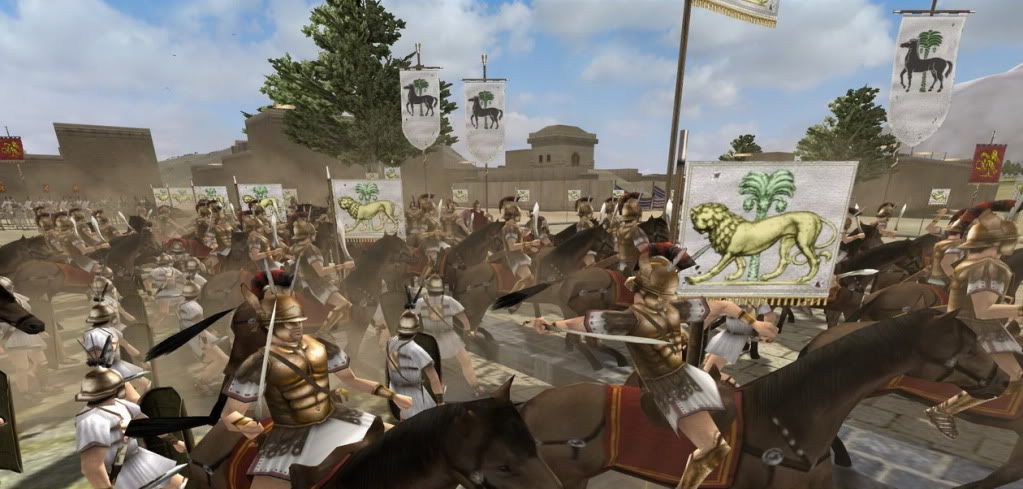
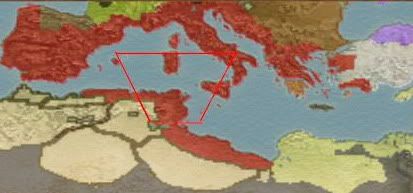
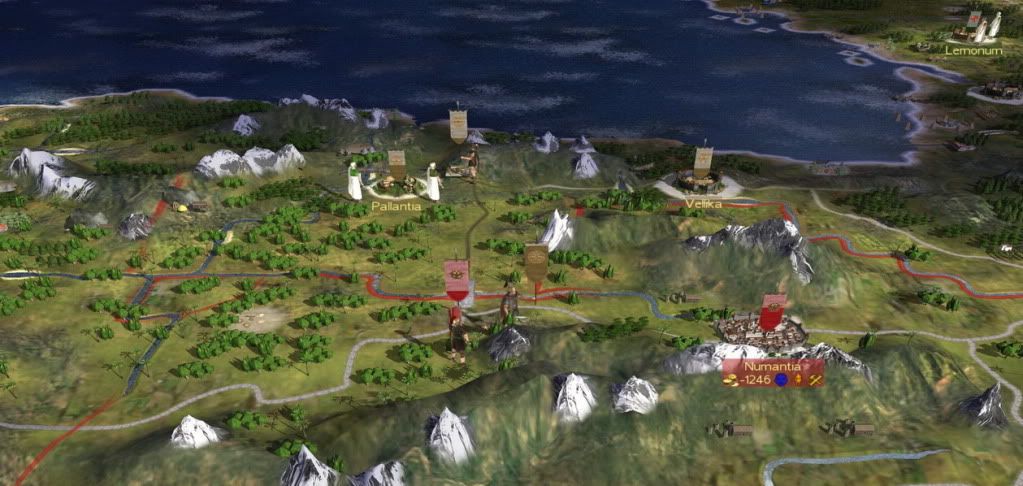
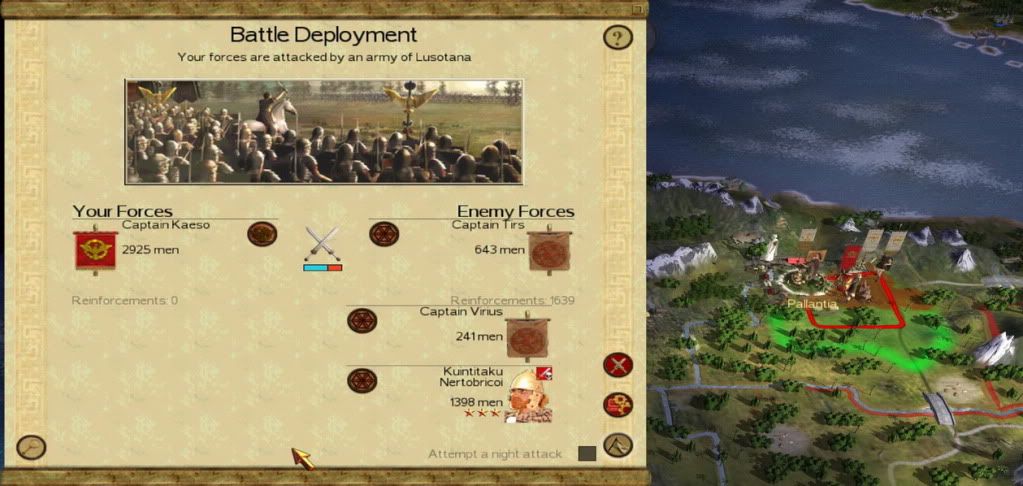
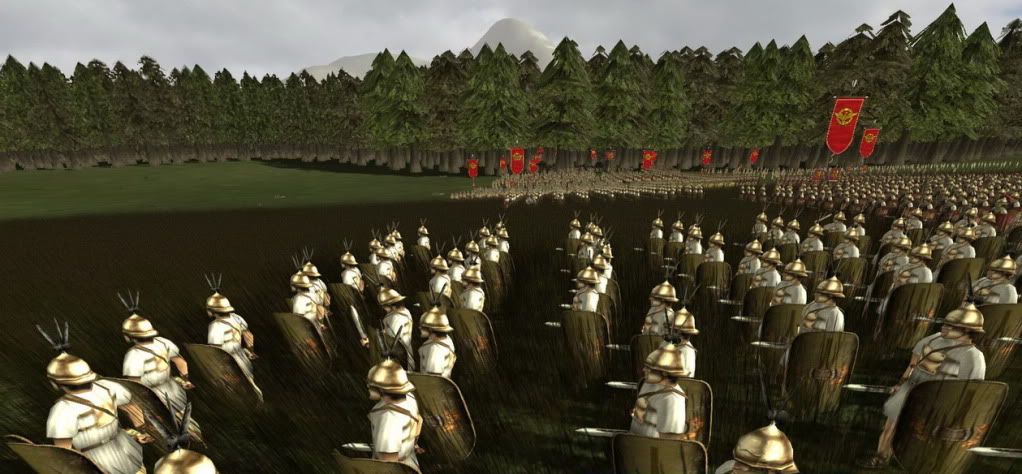
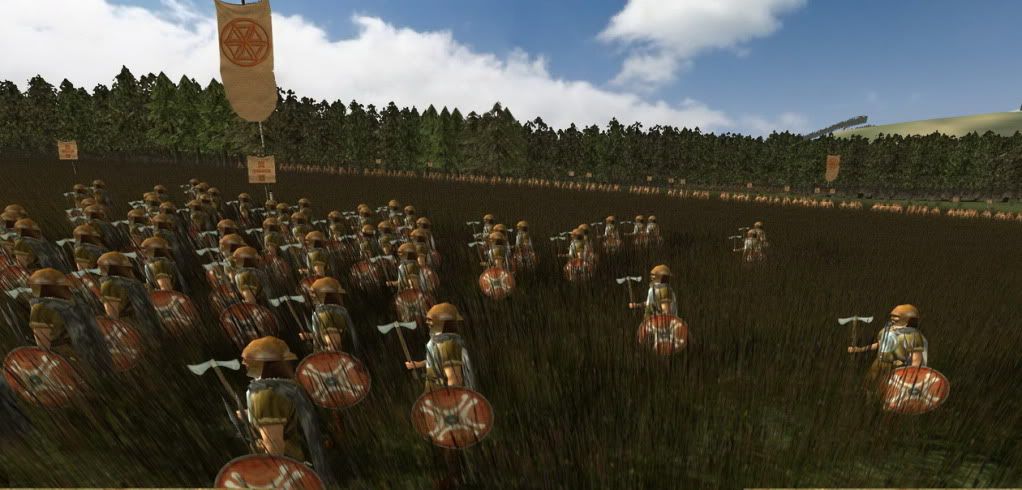
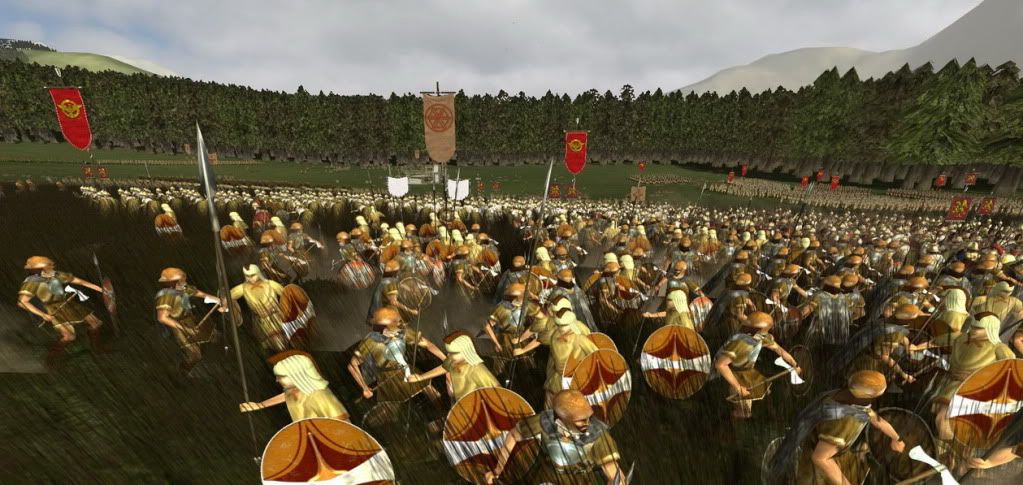
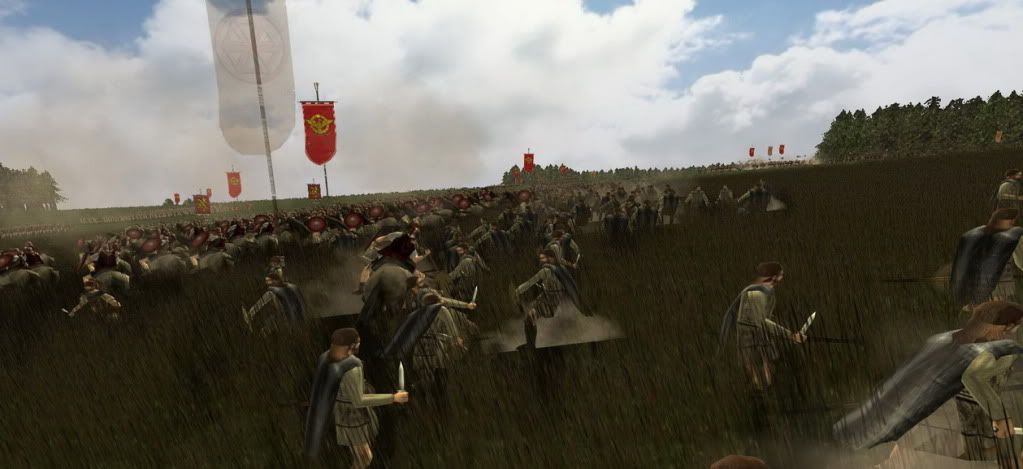
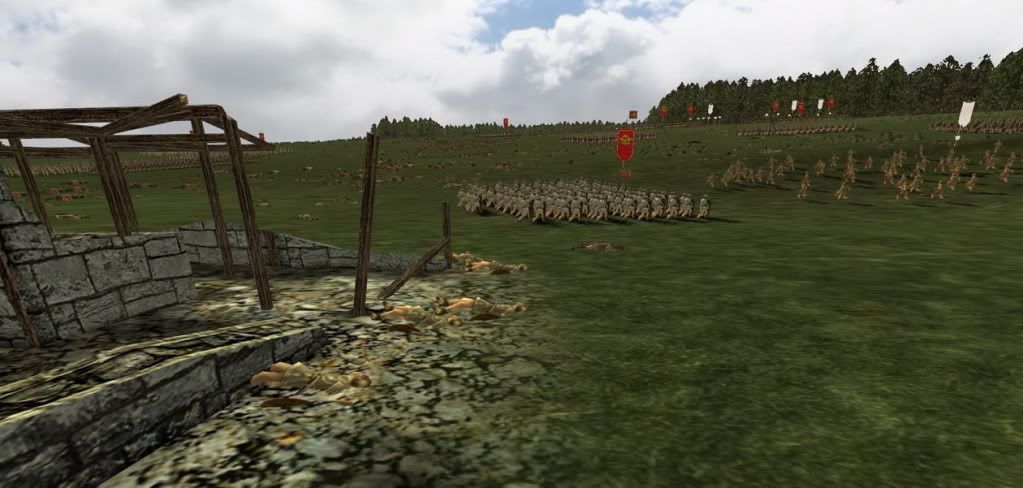
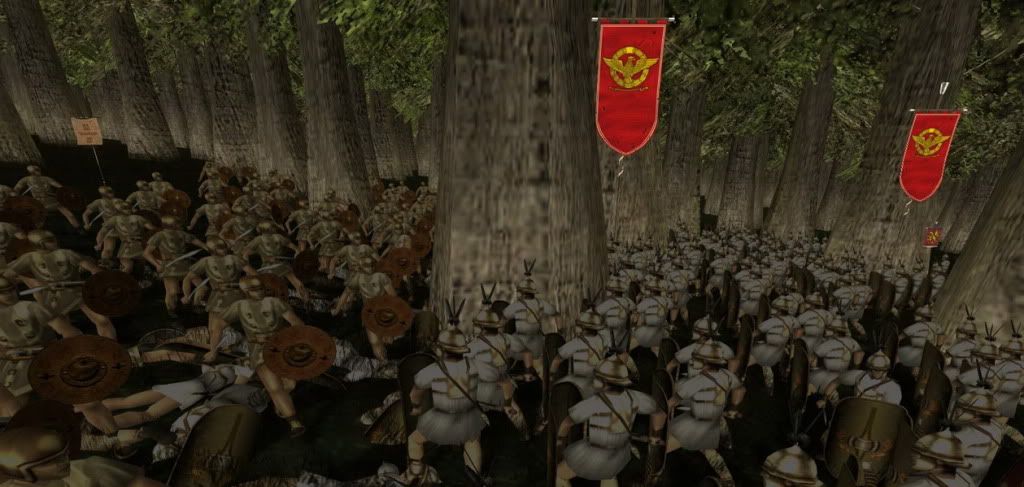
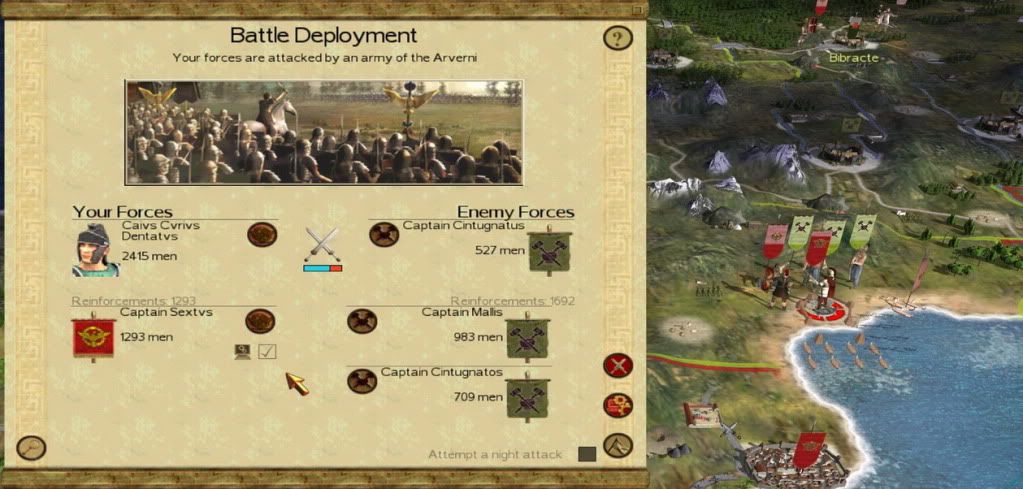

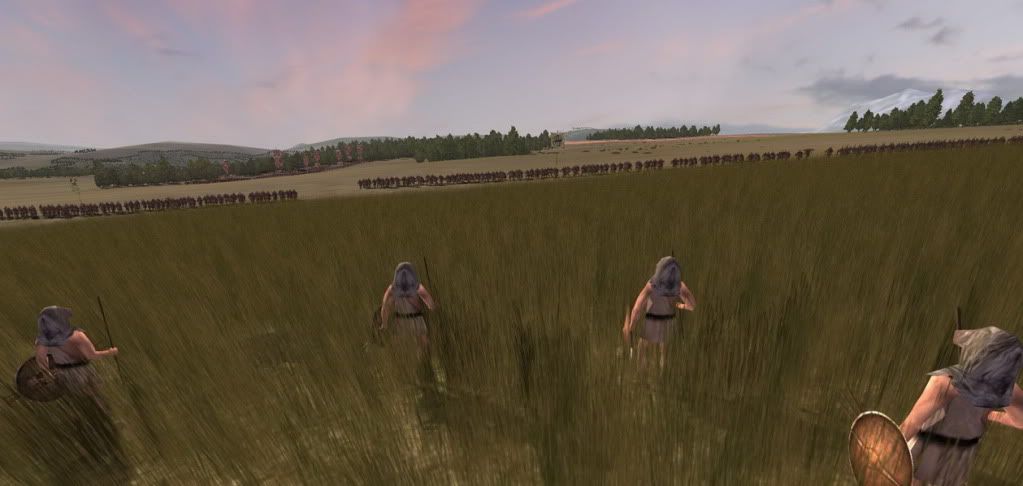
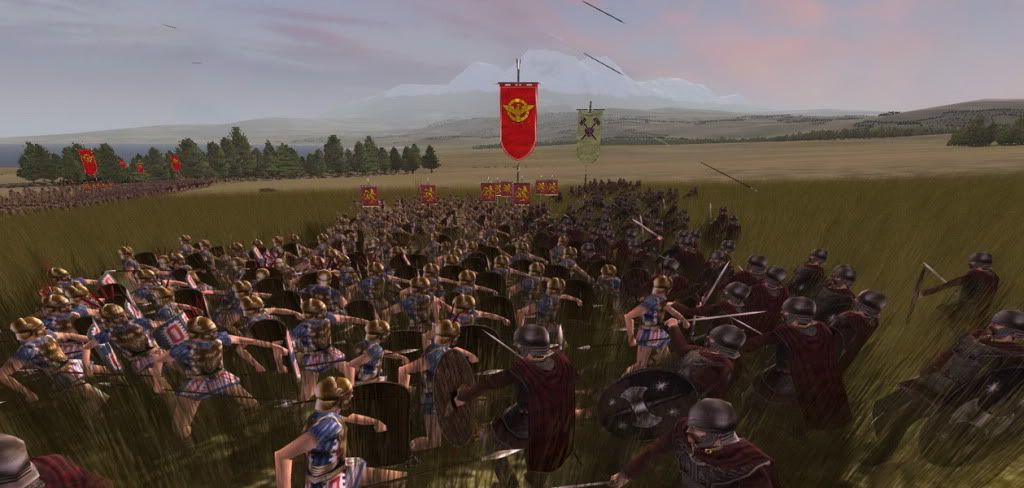
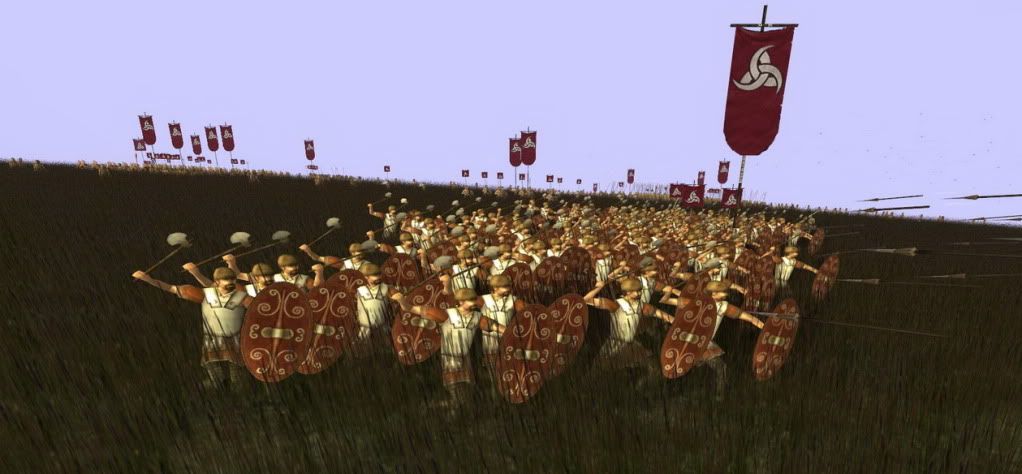
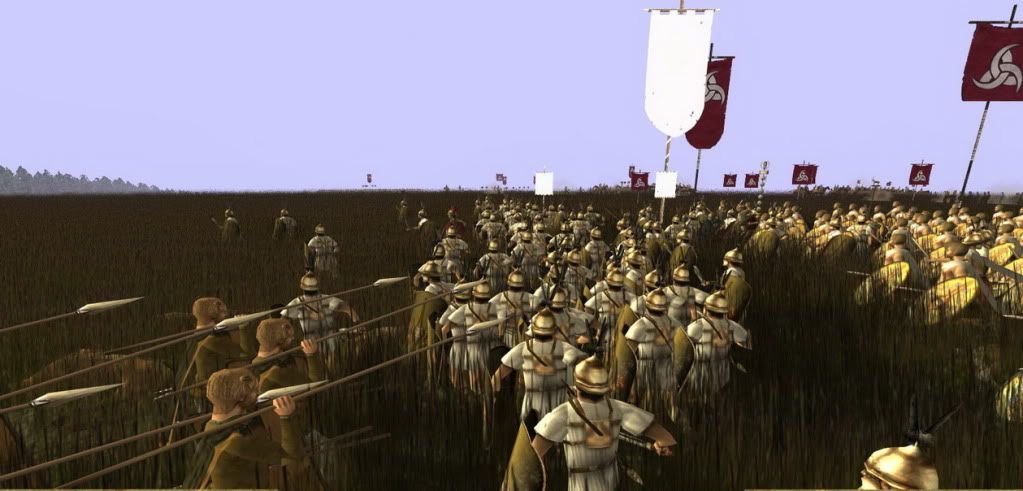
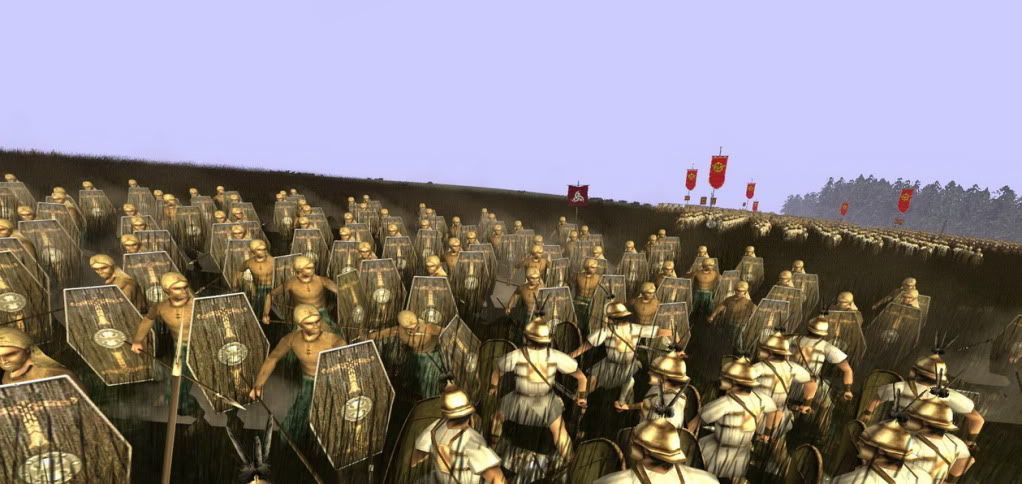
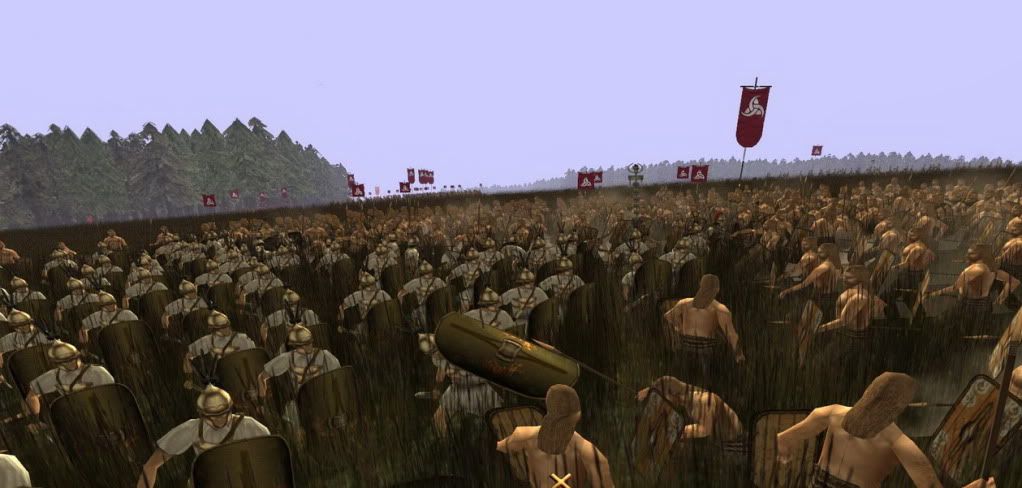
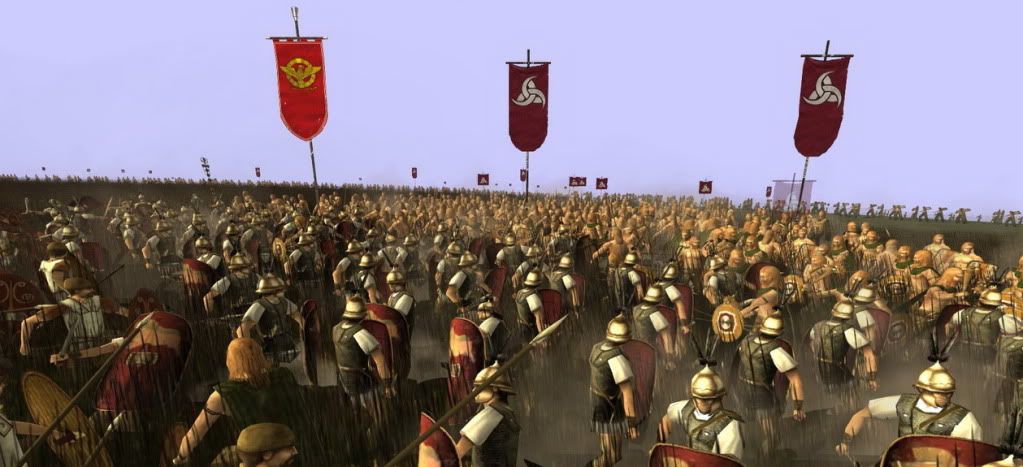

Bookmarks